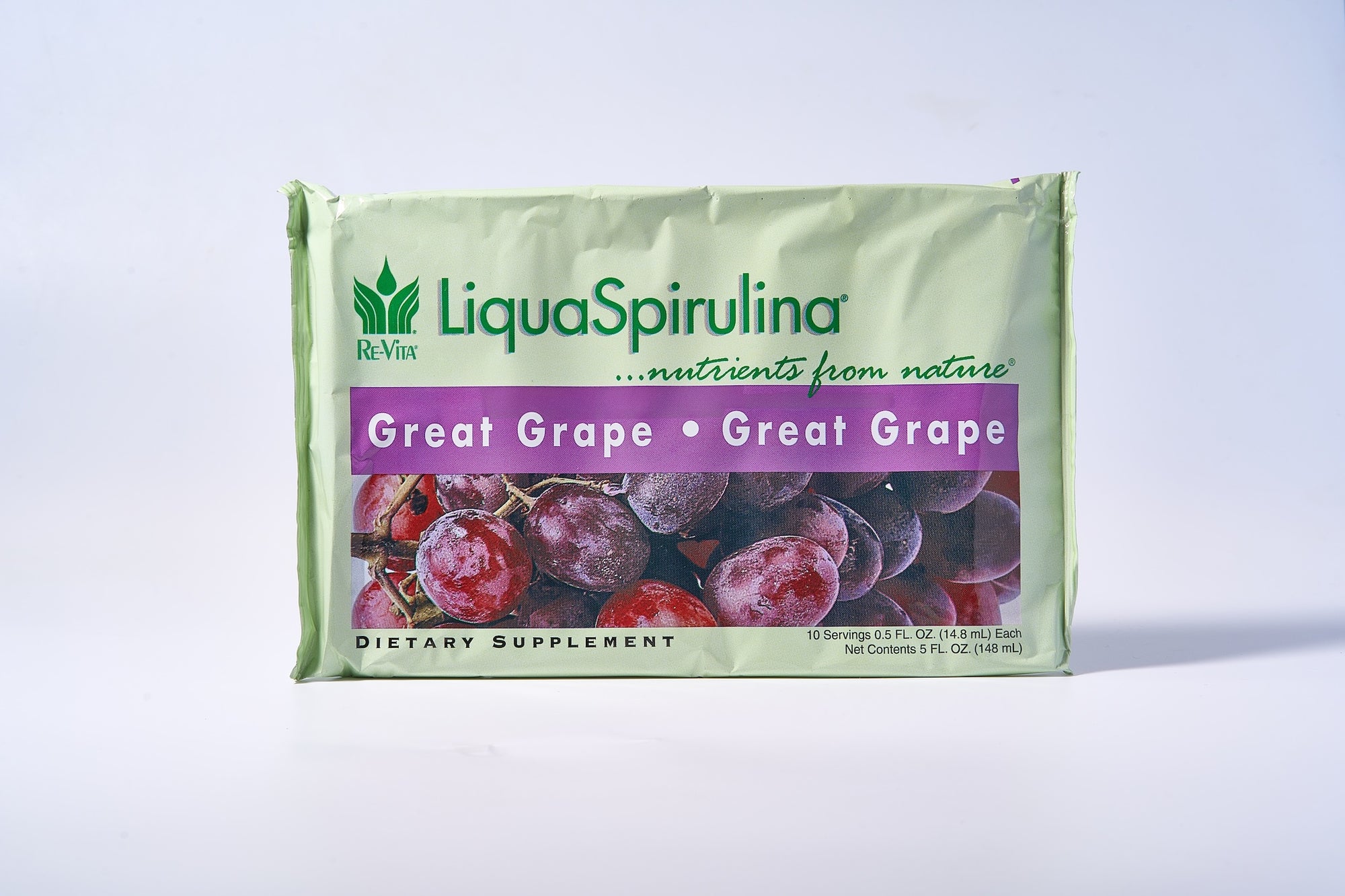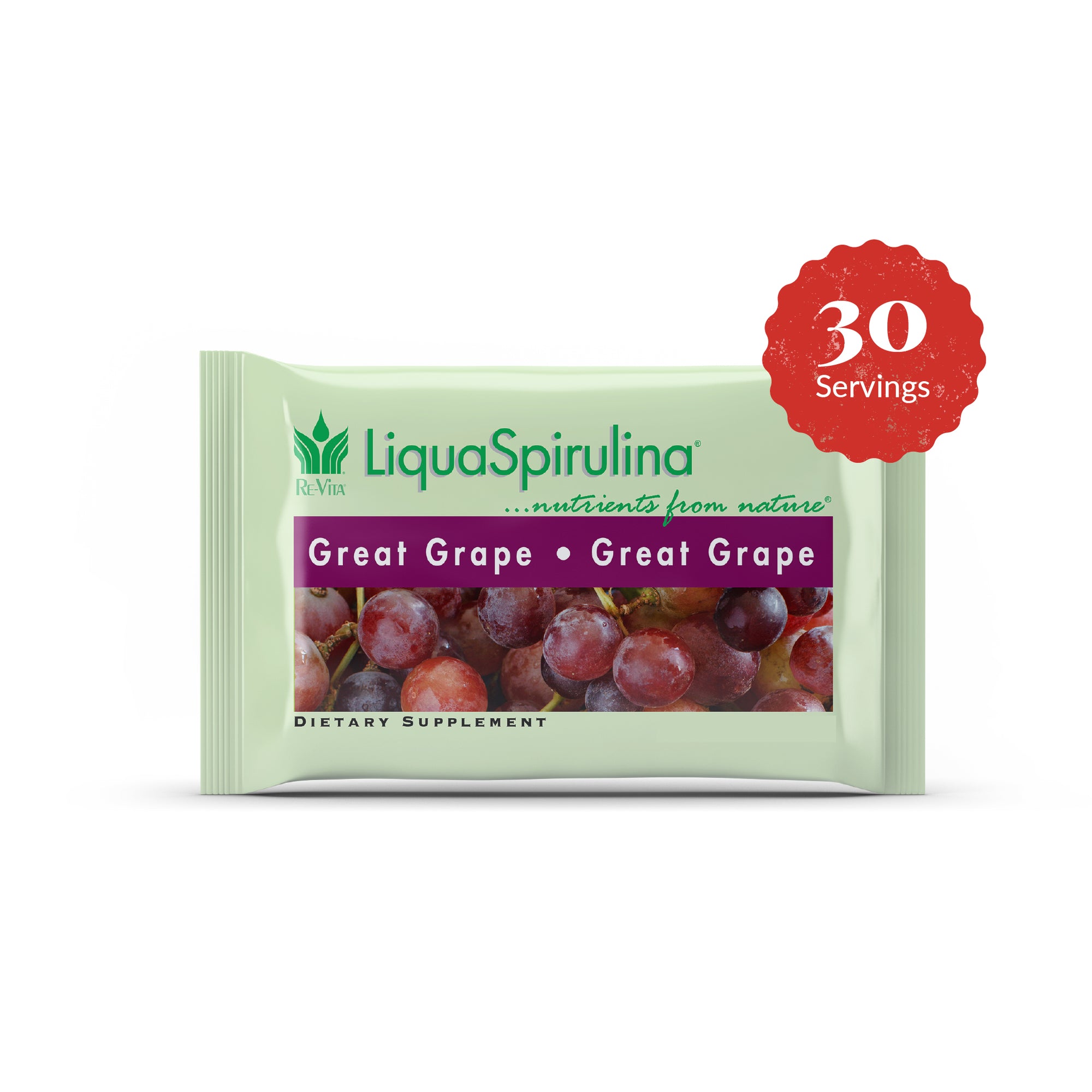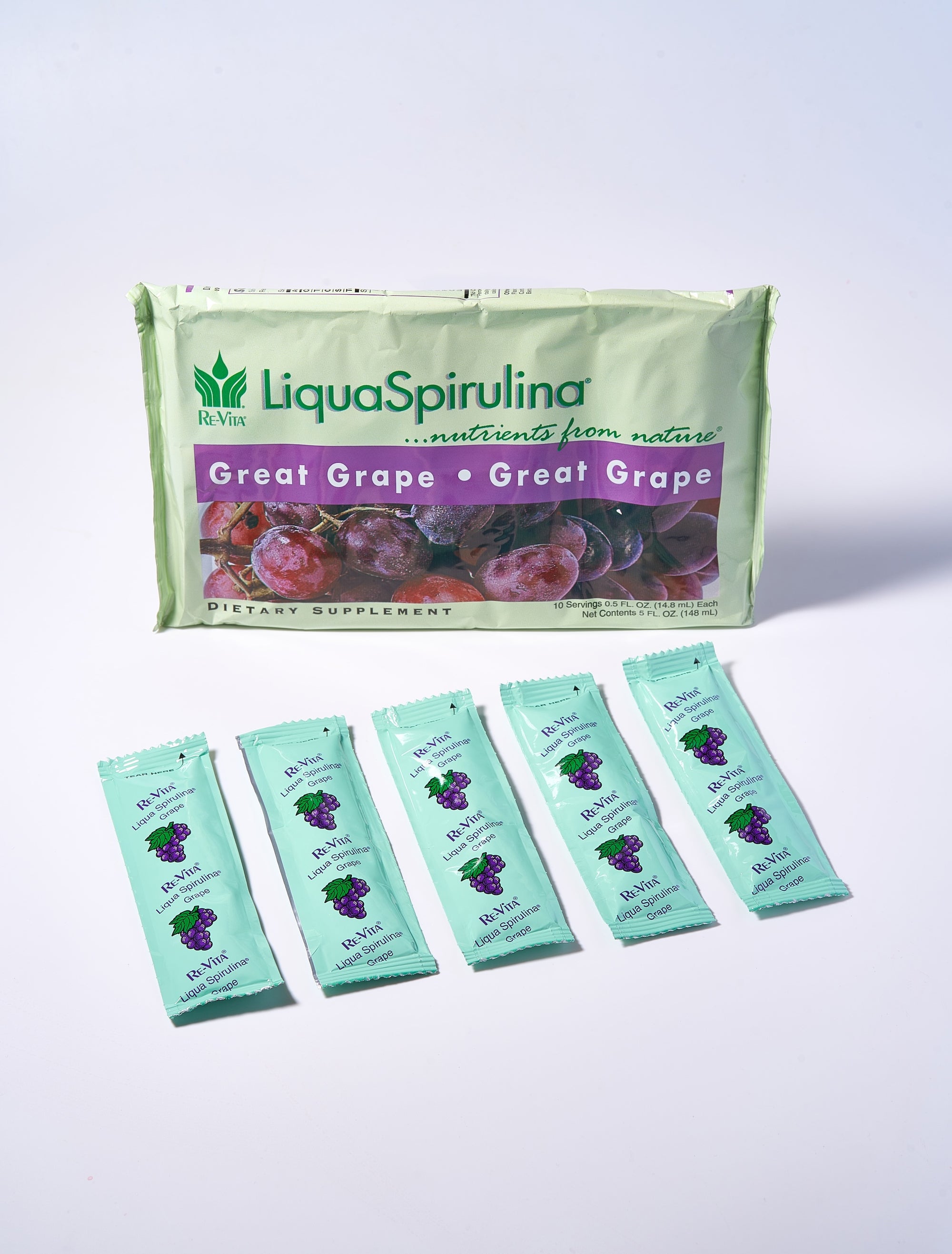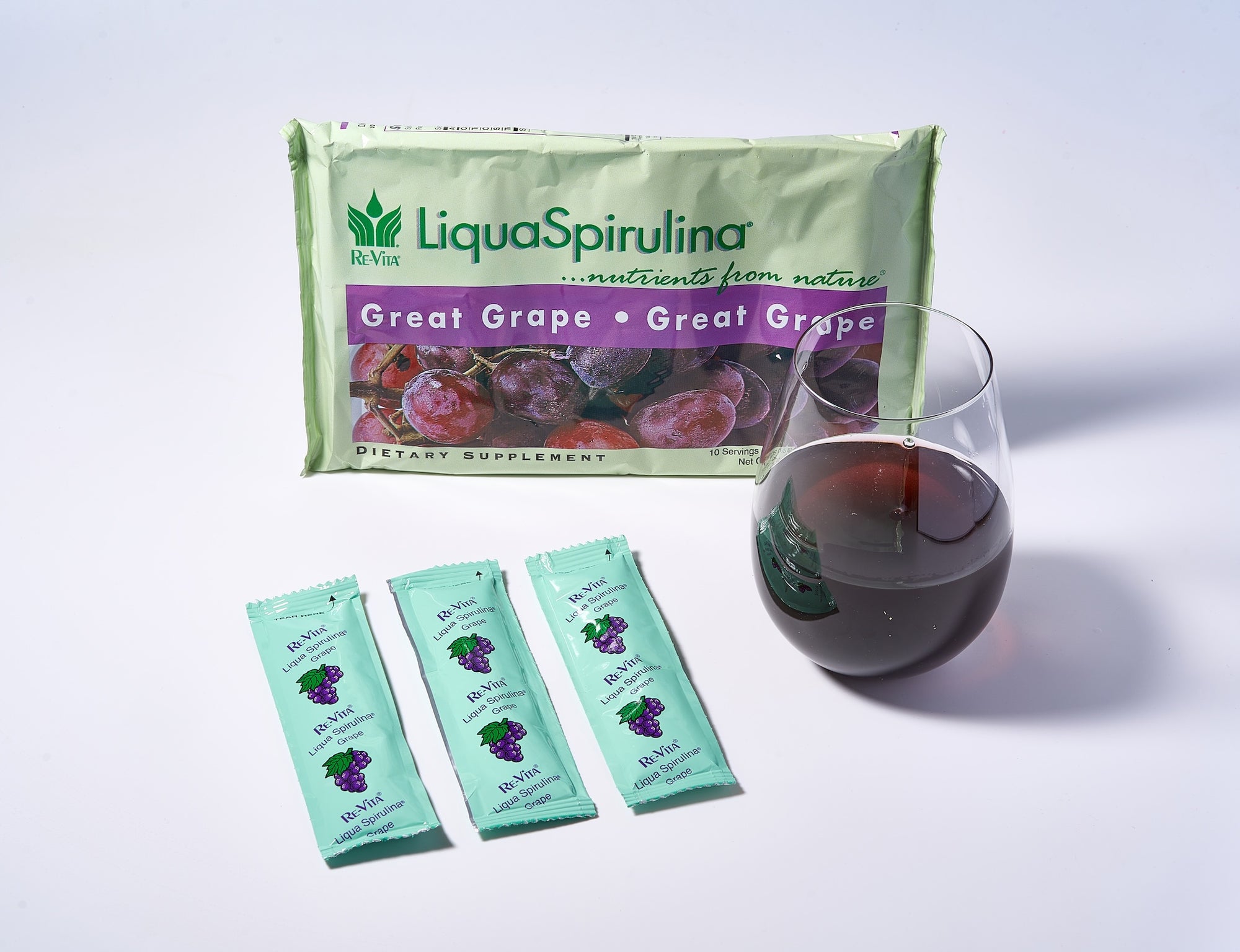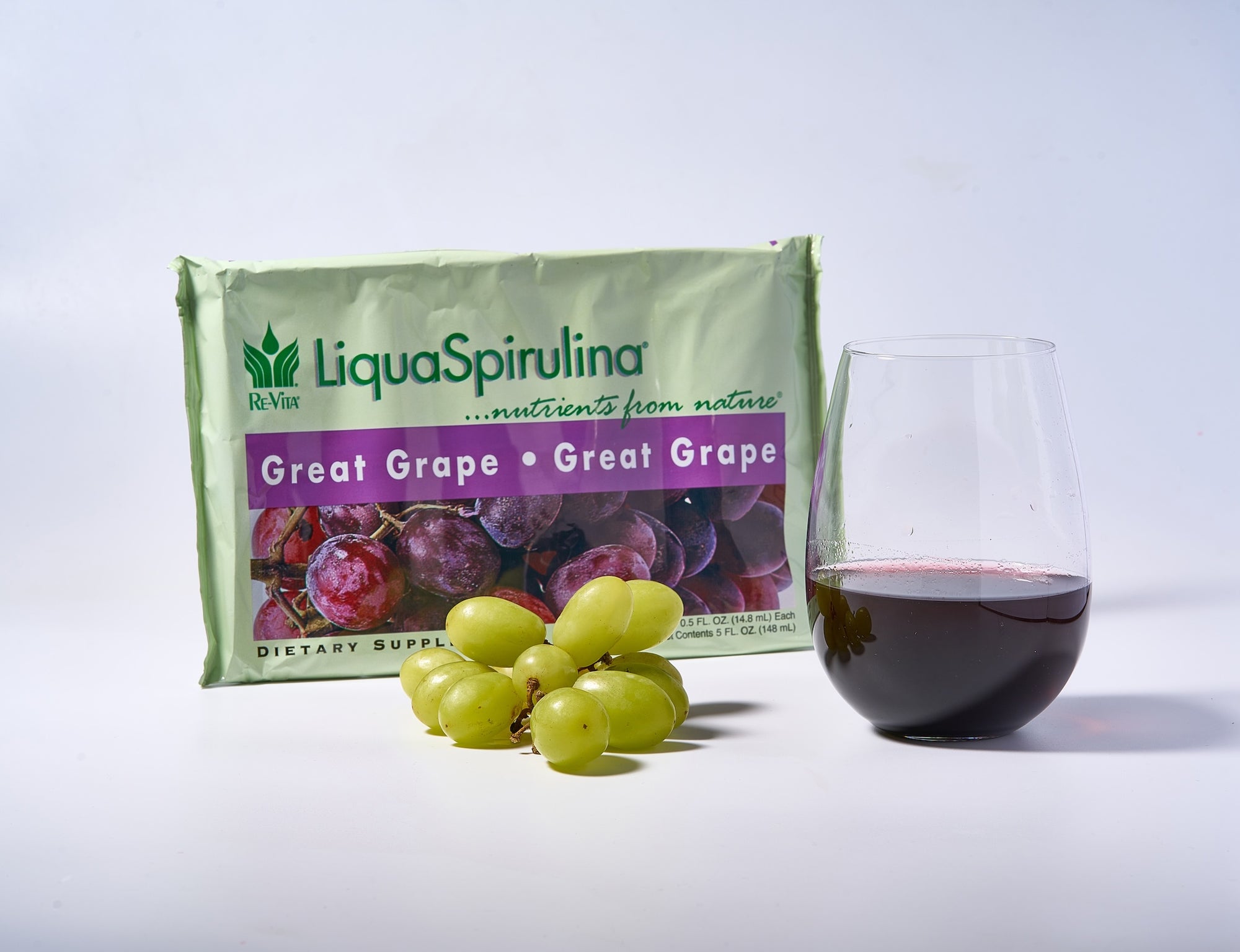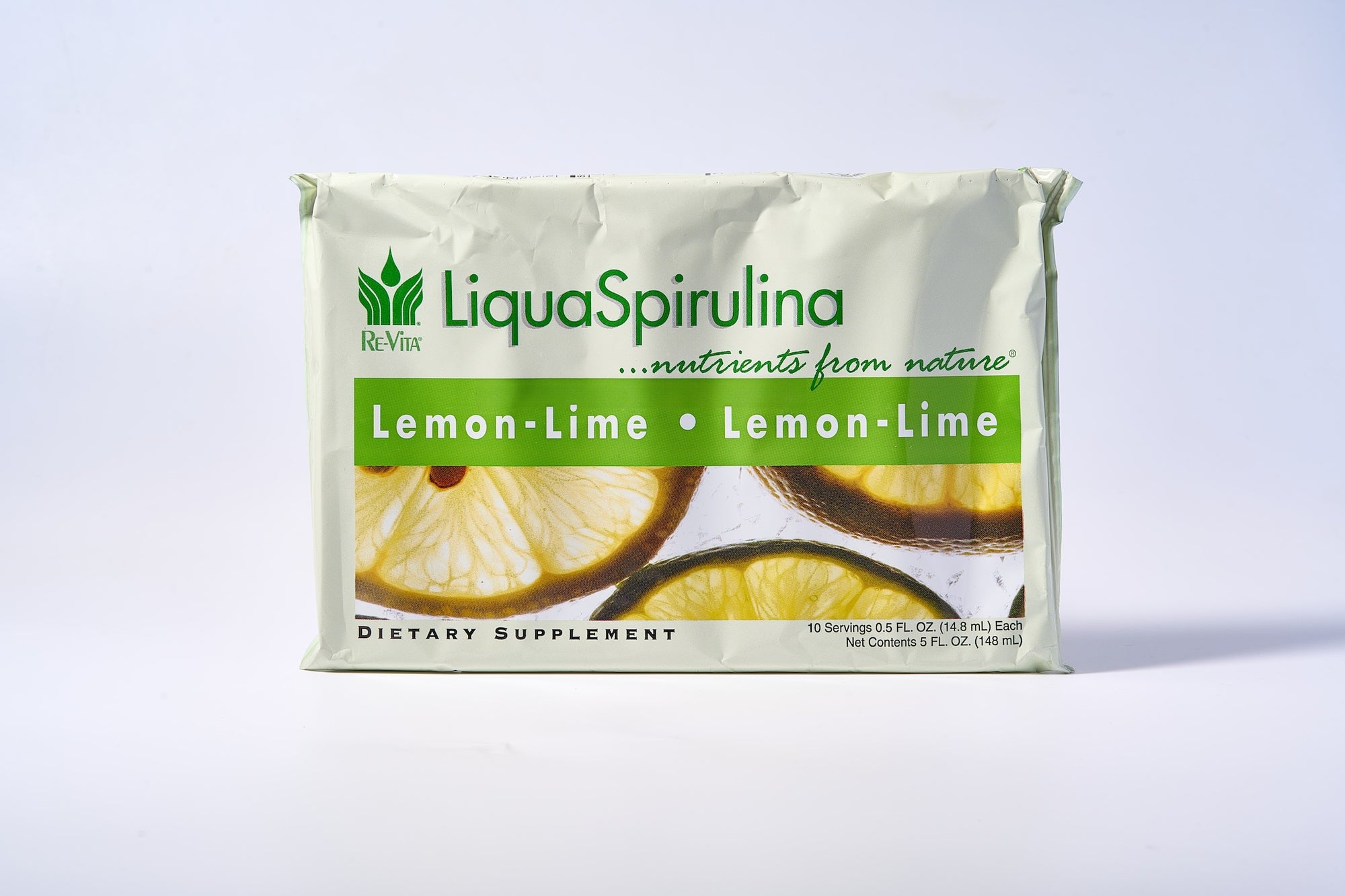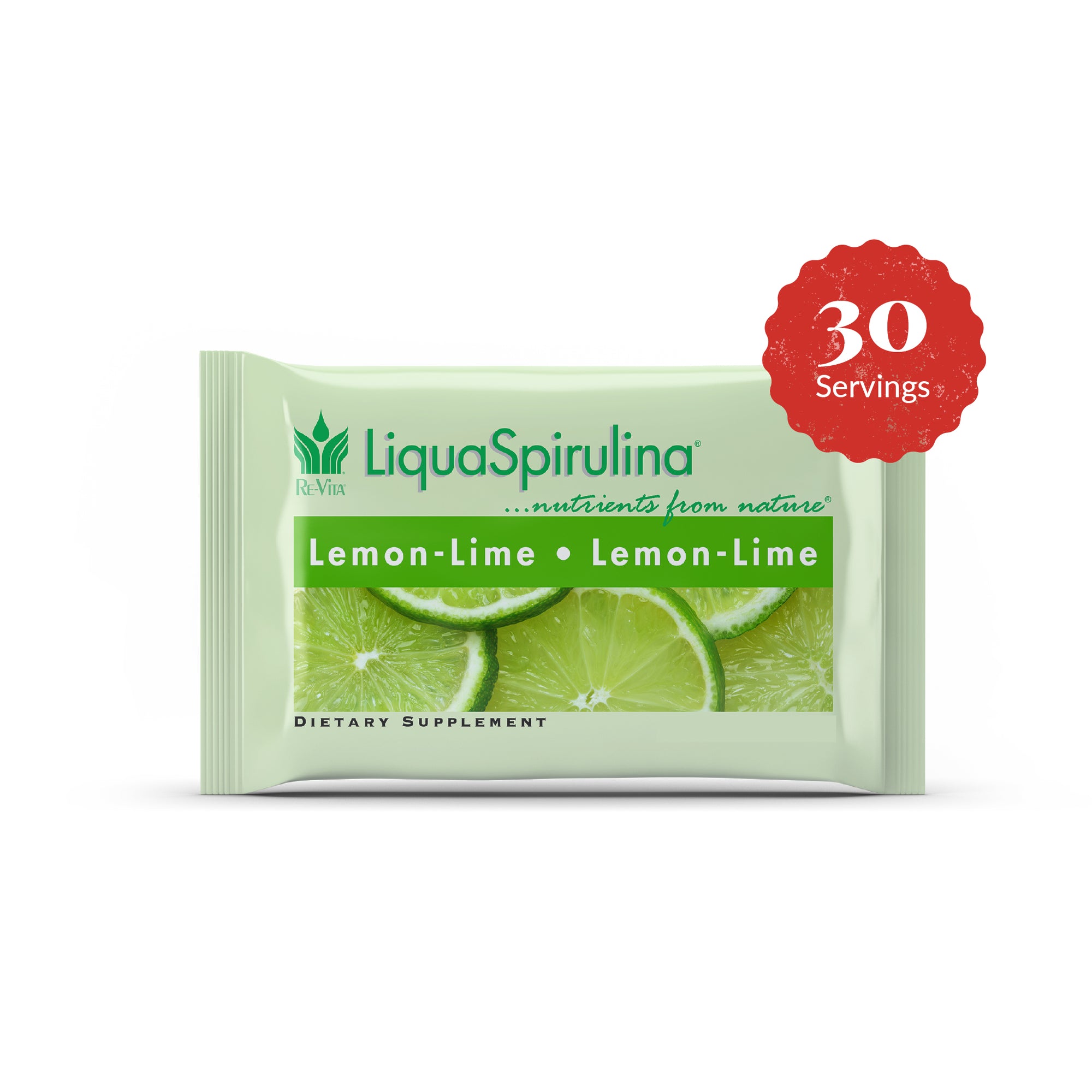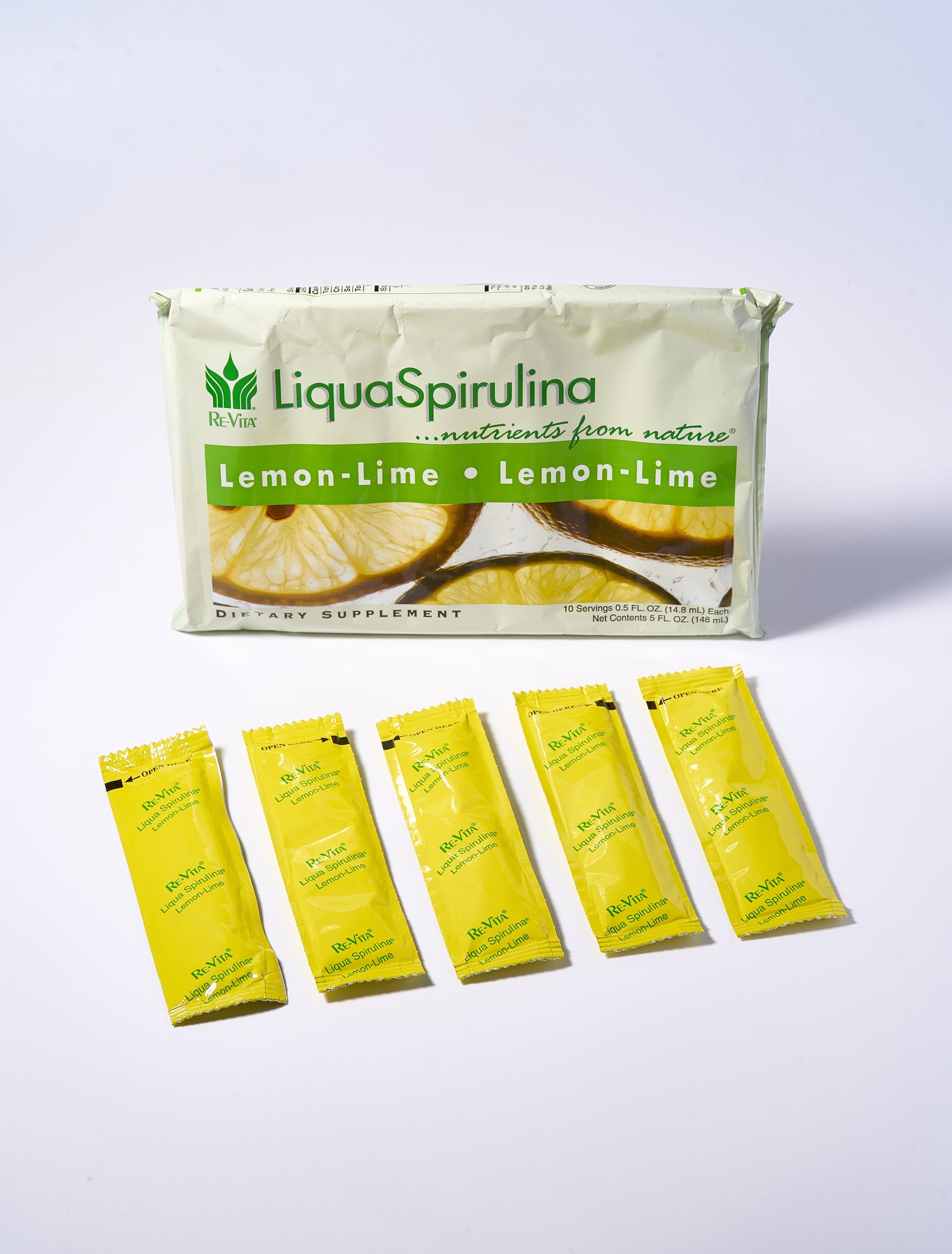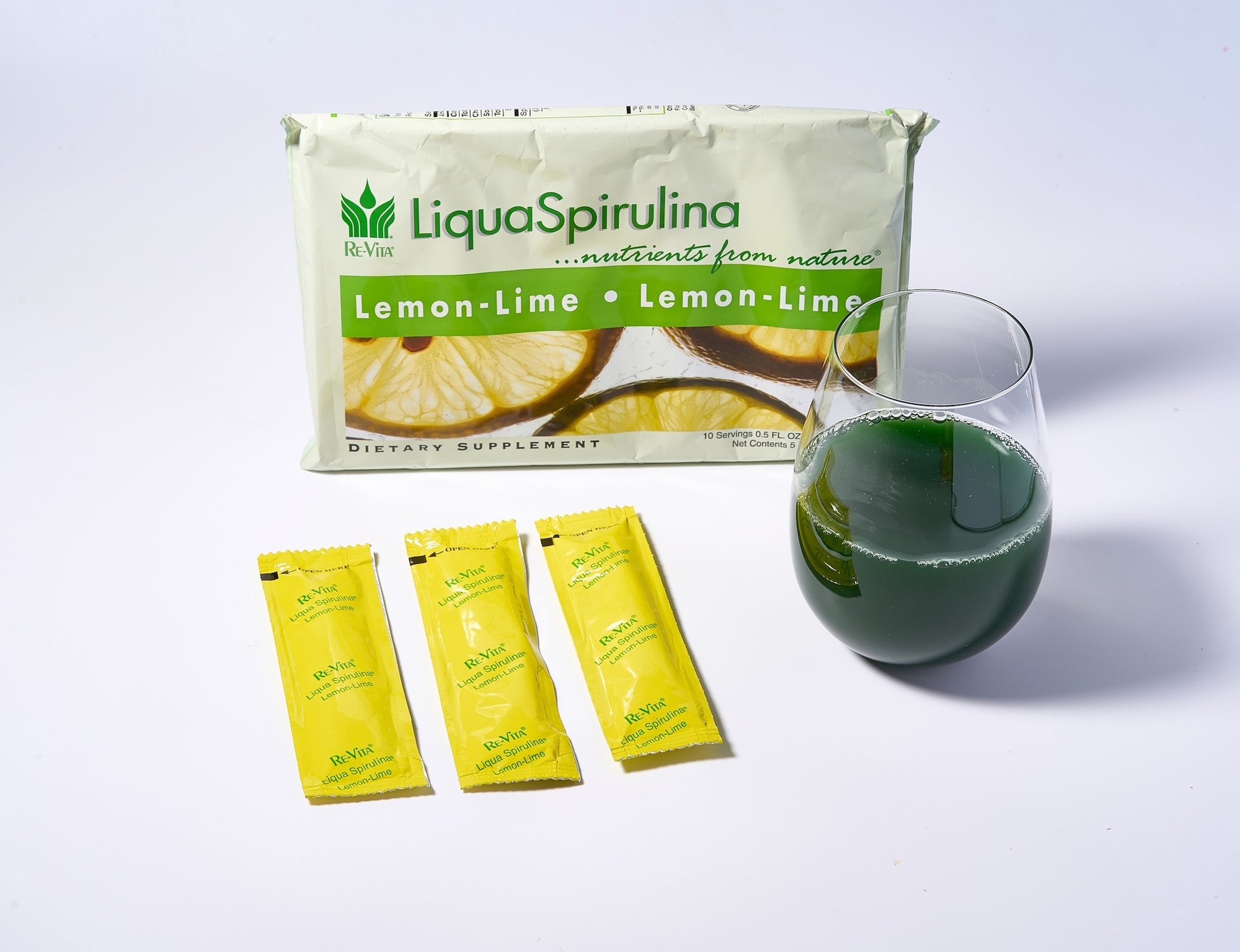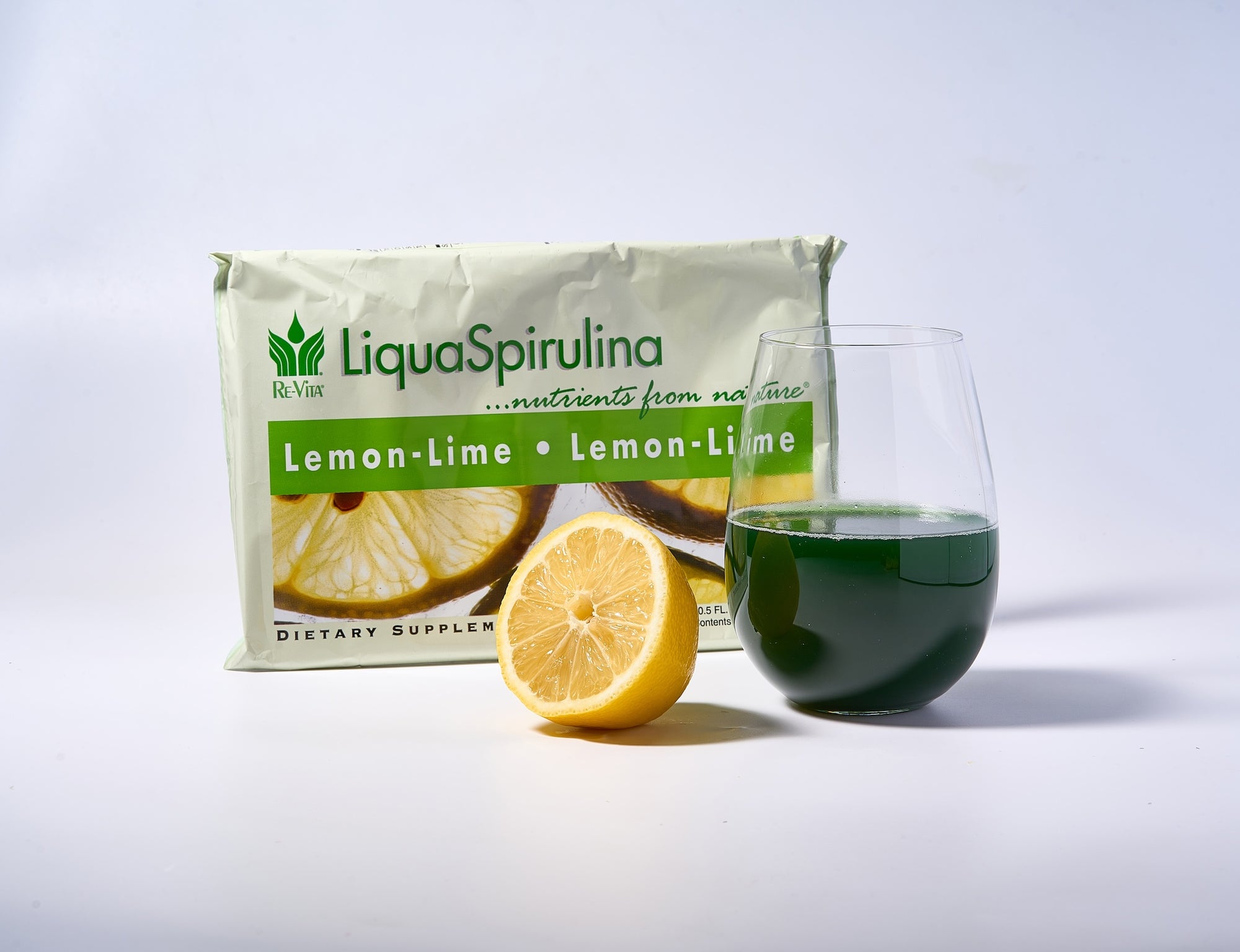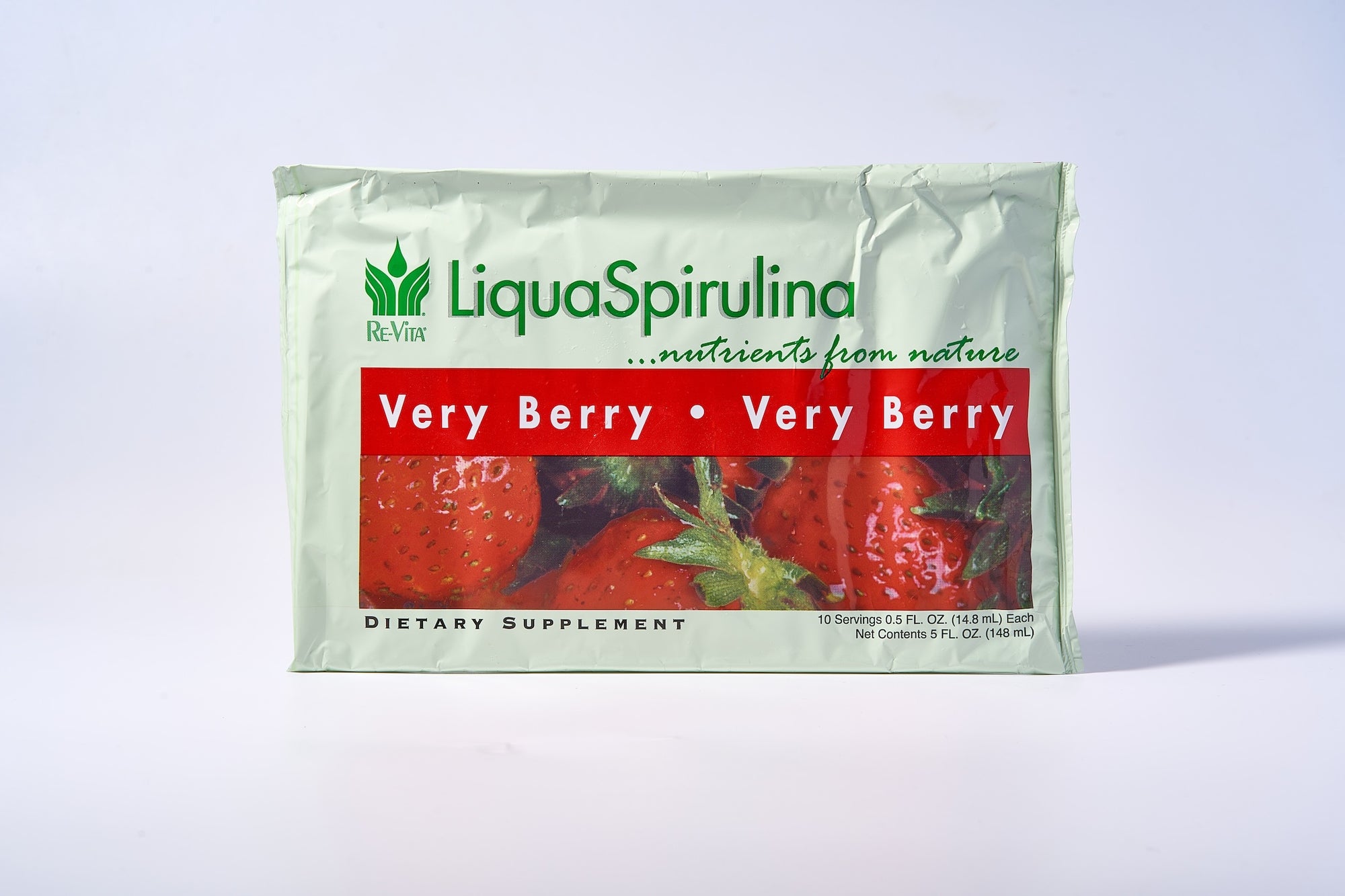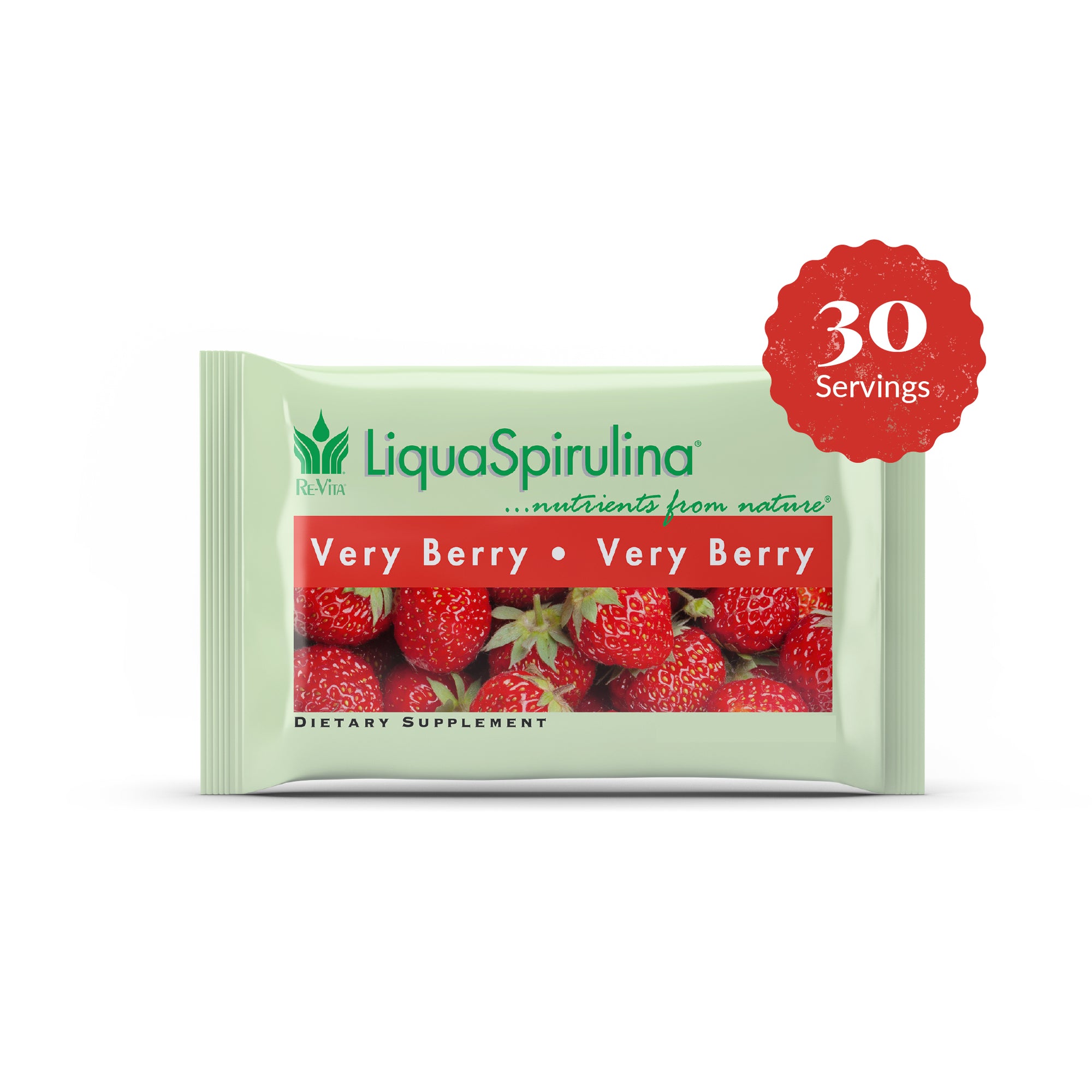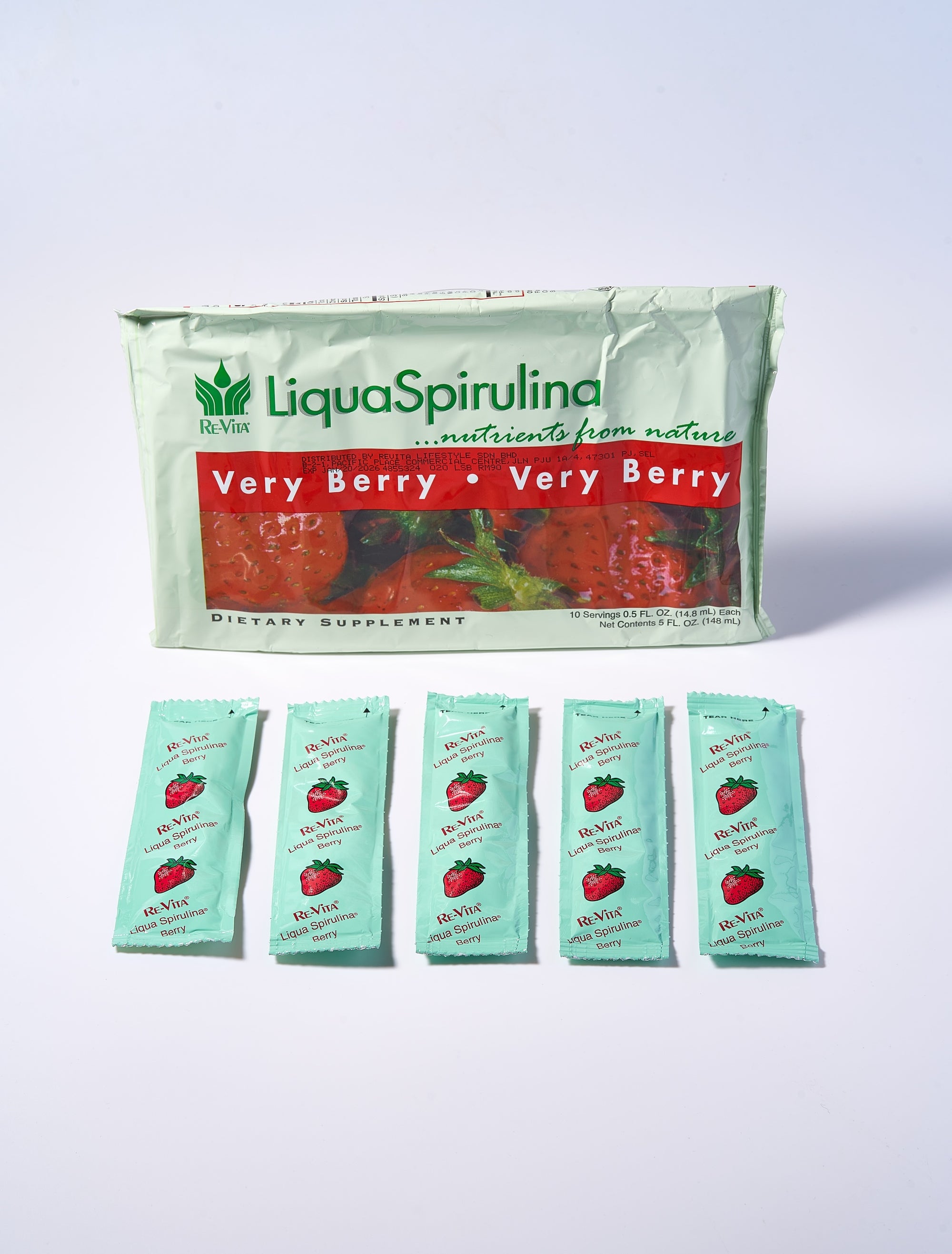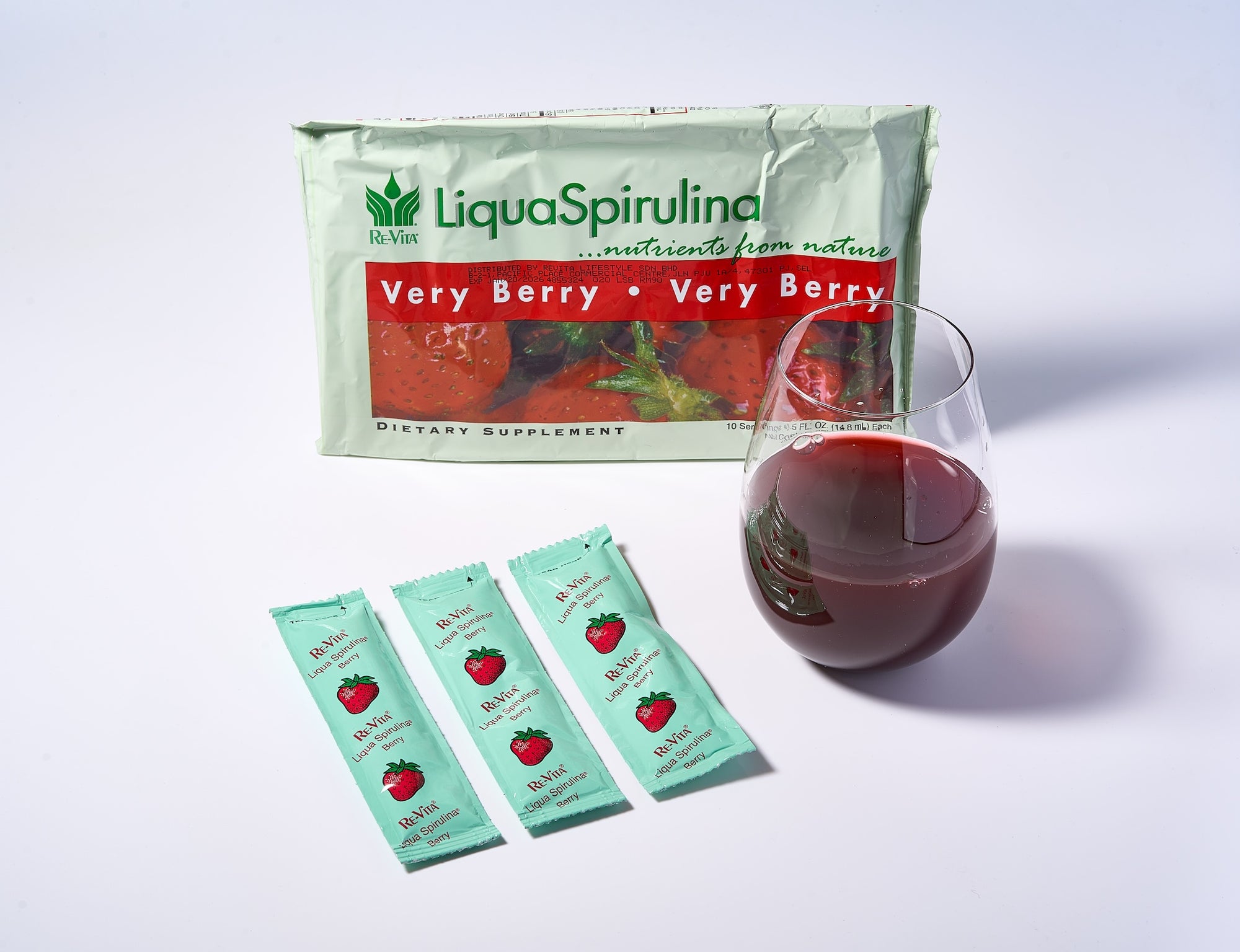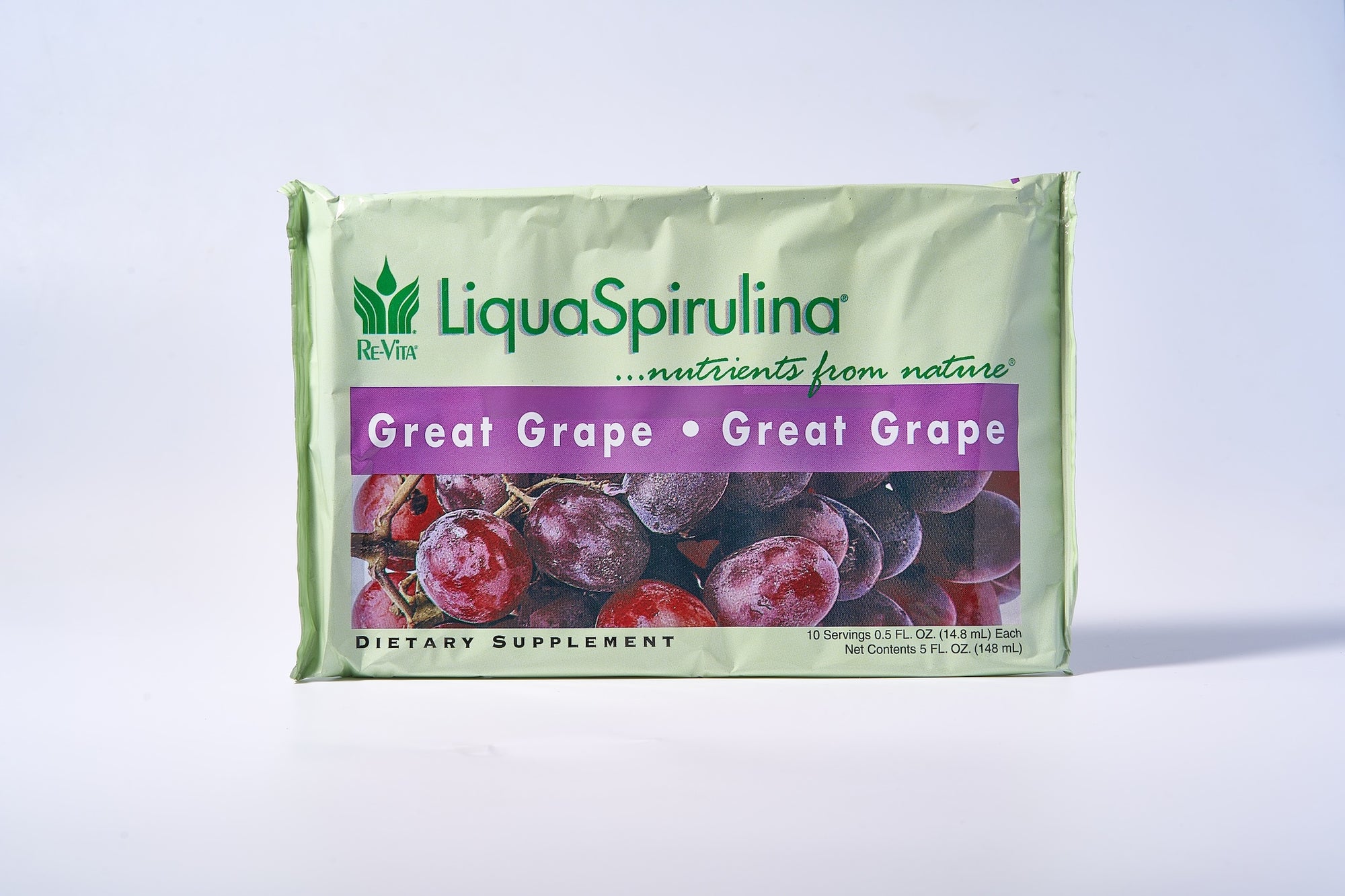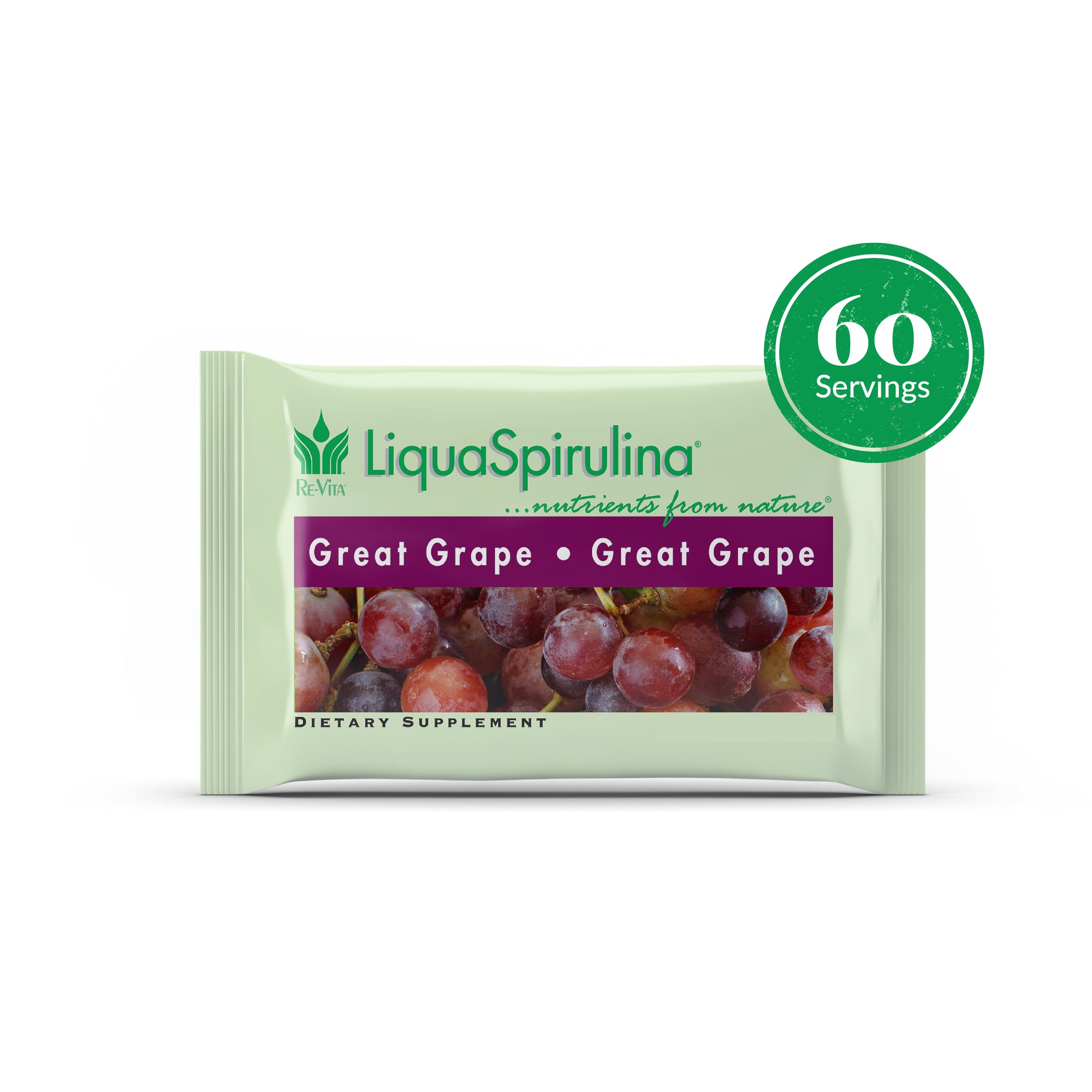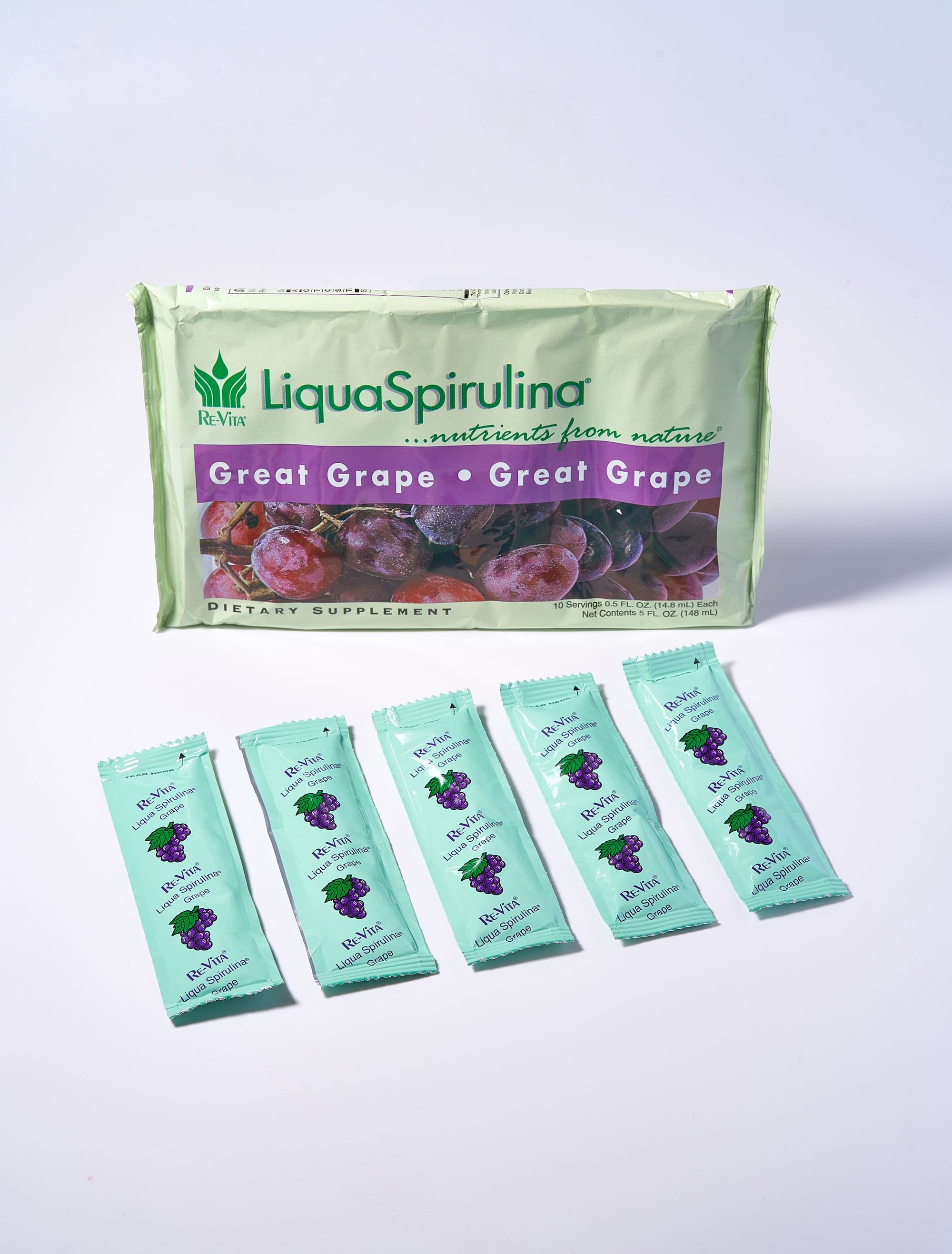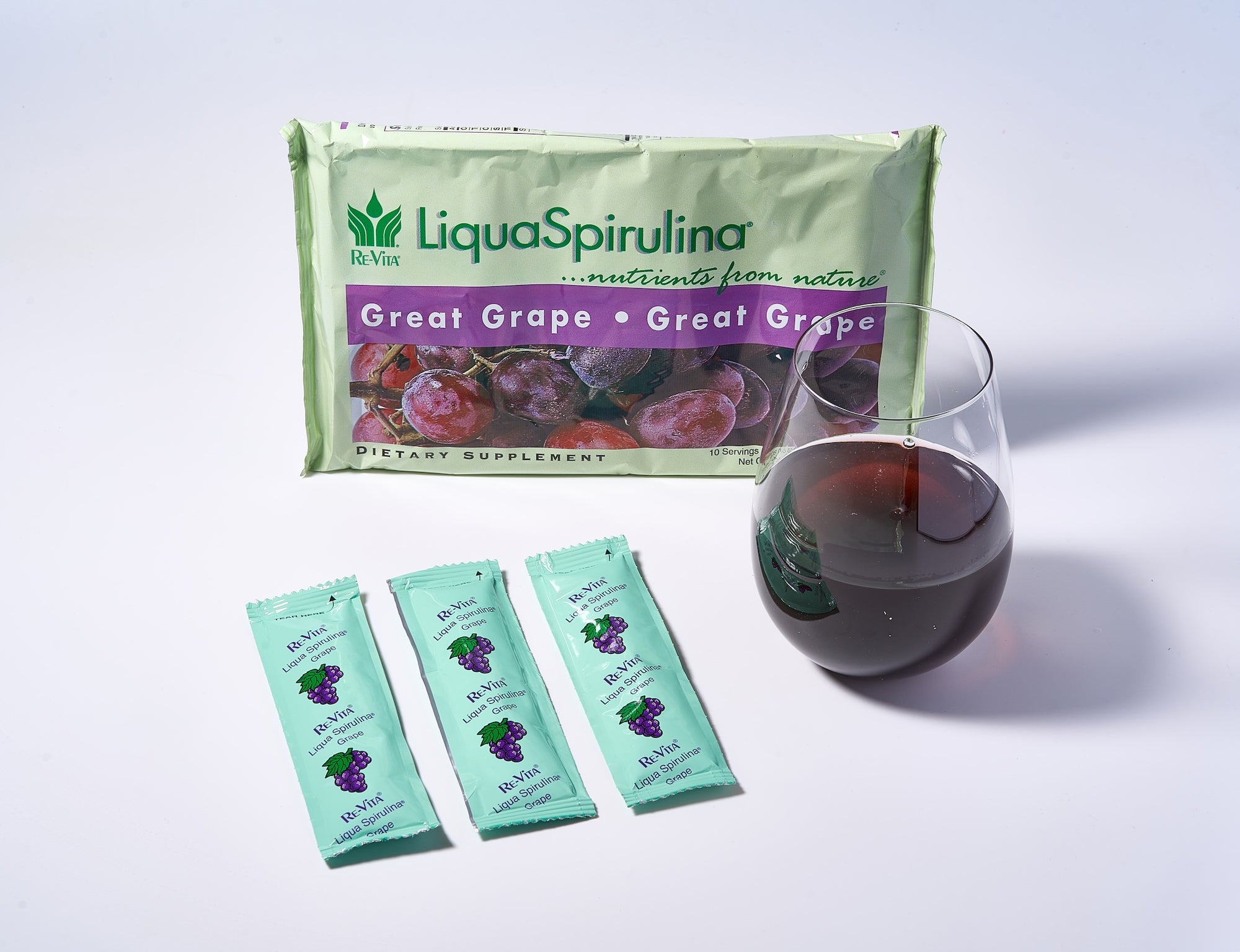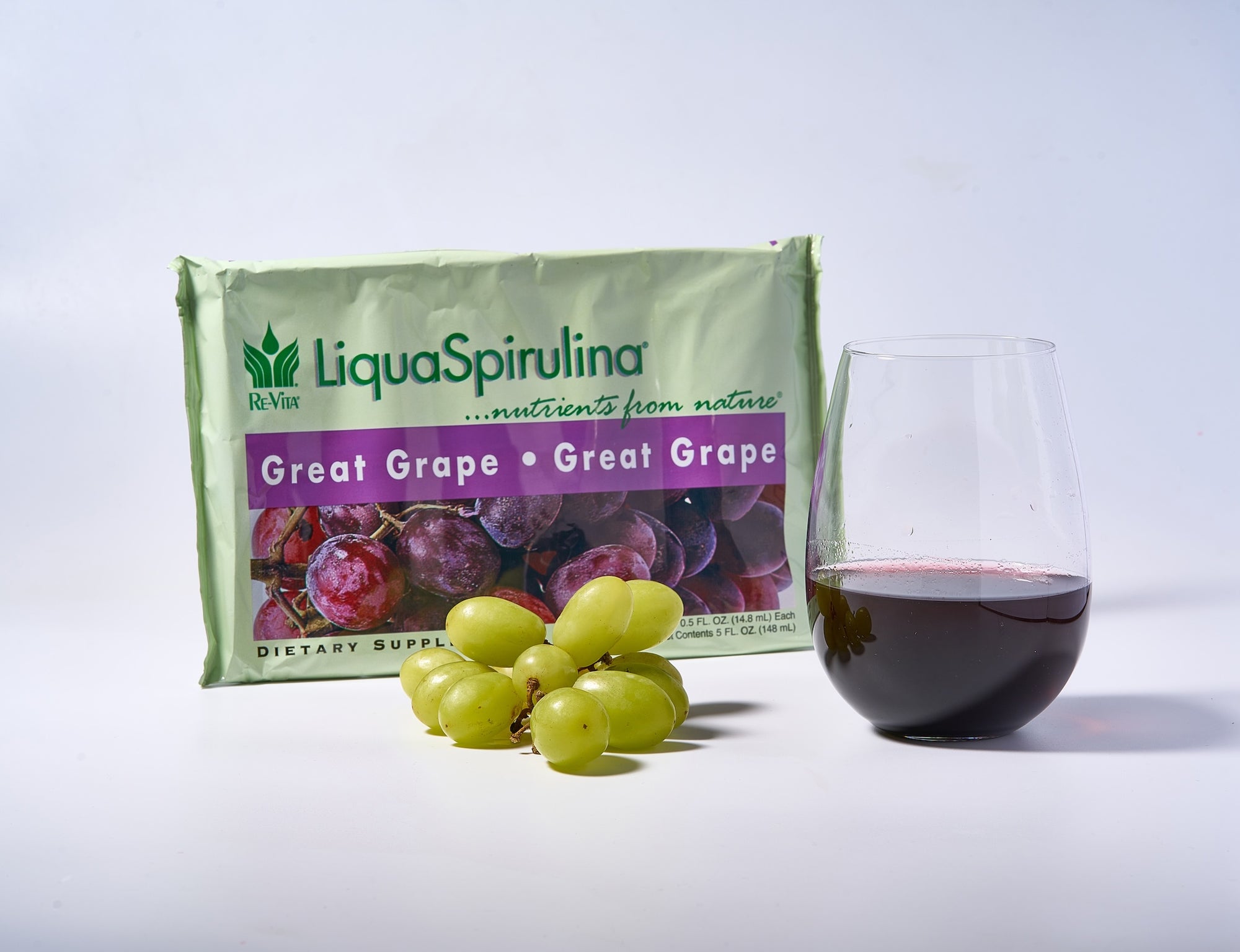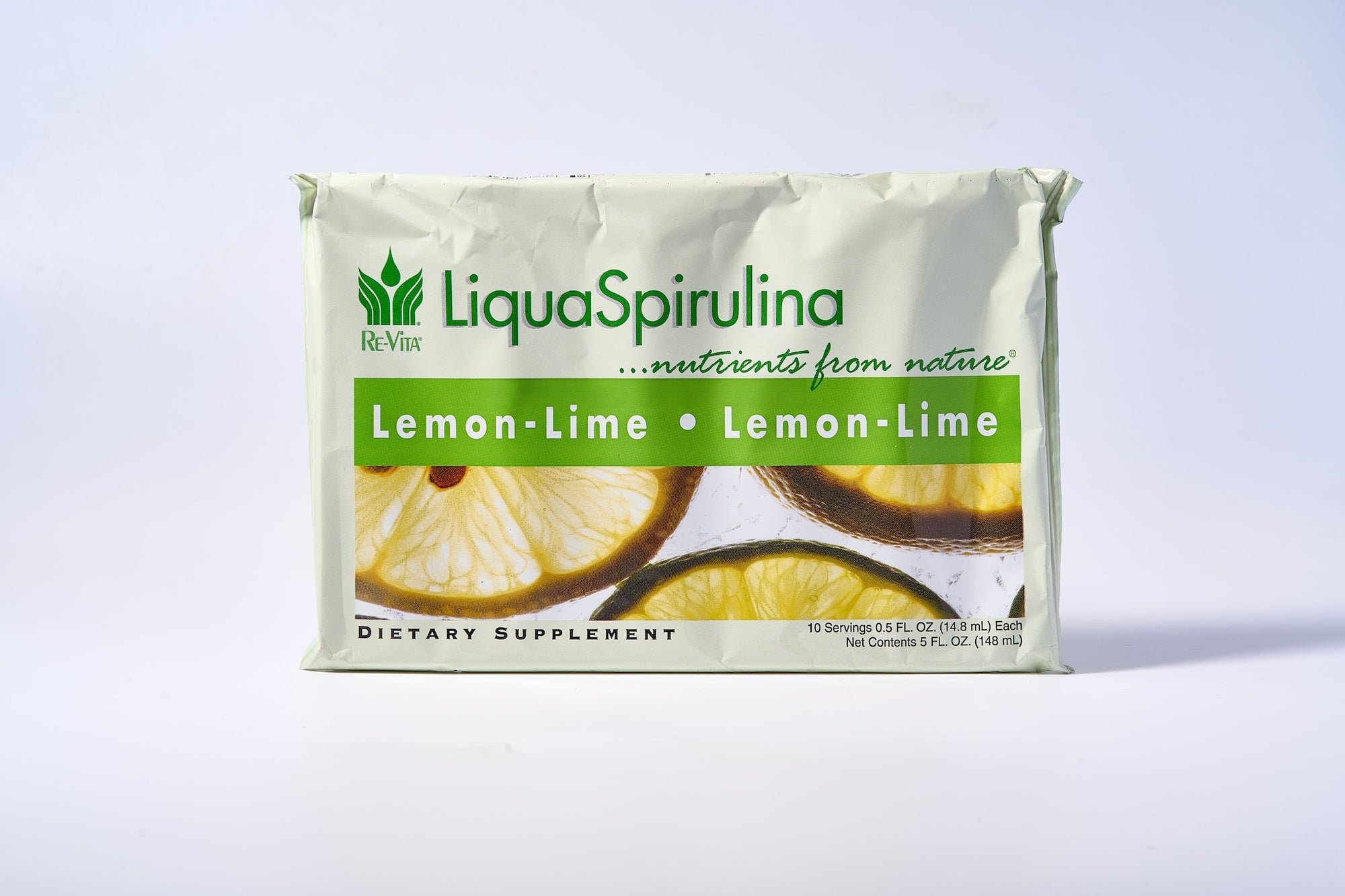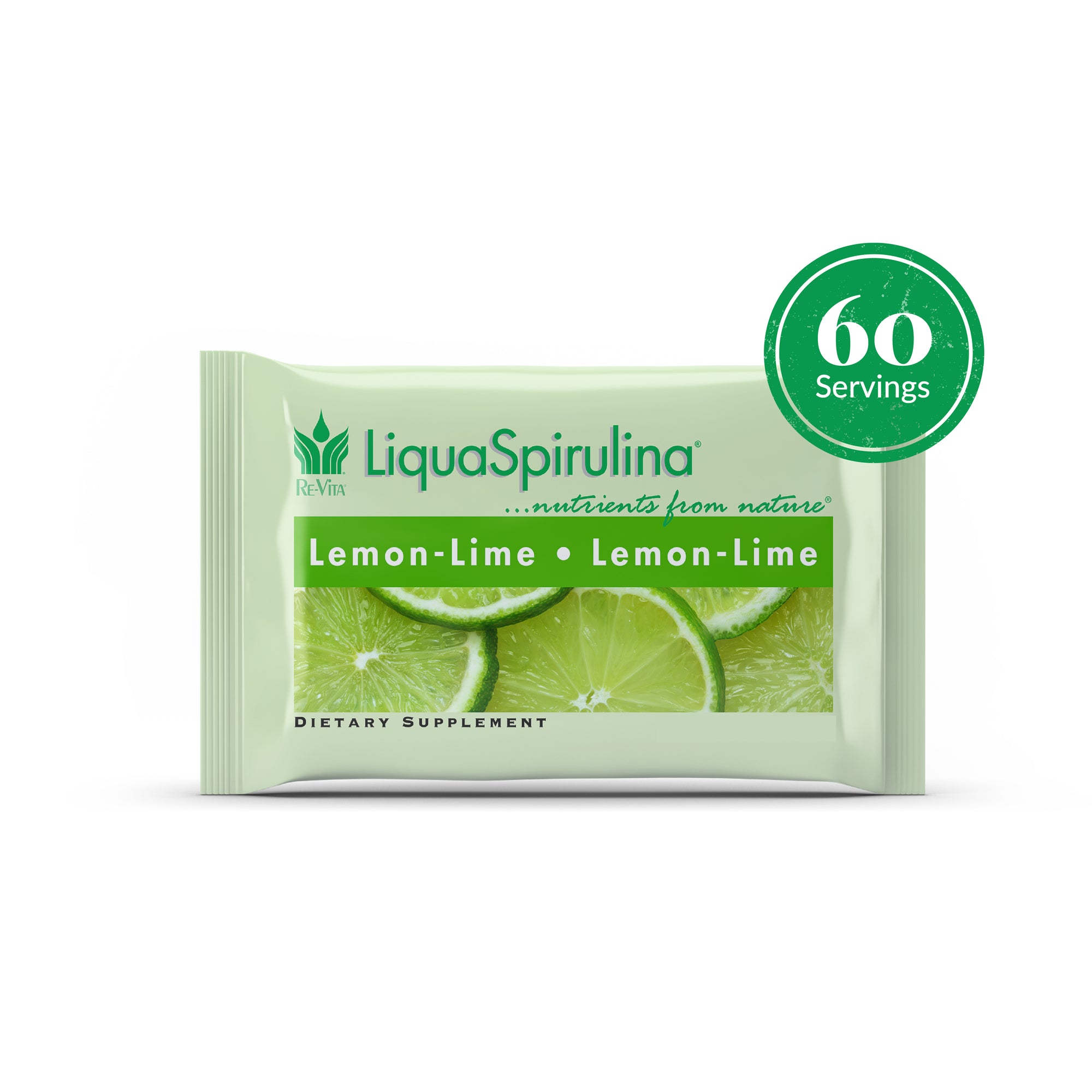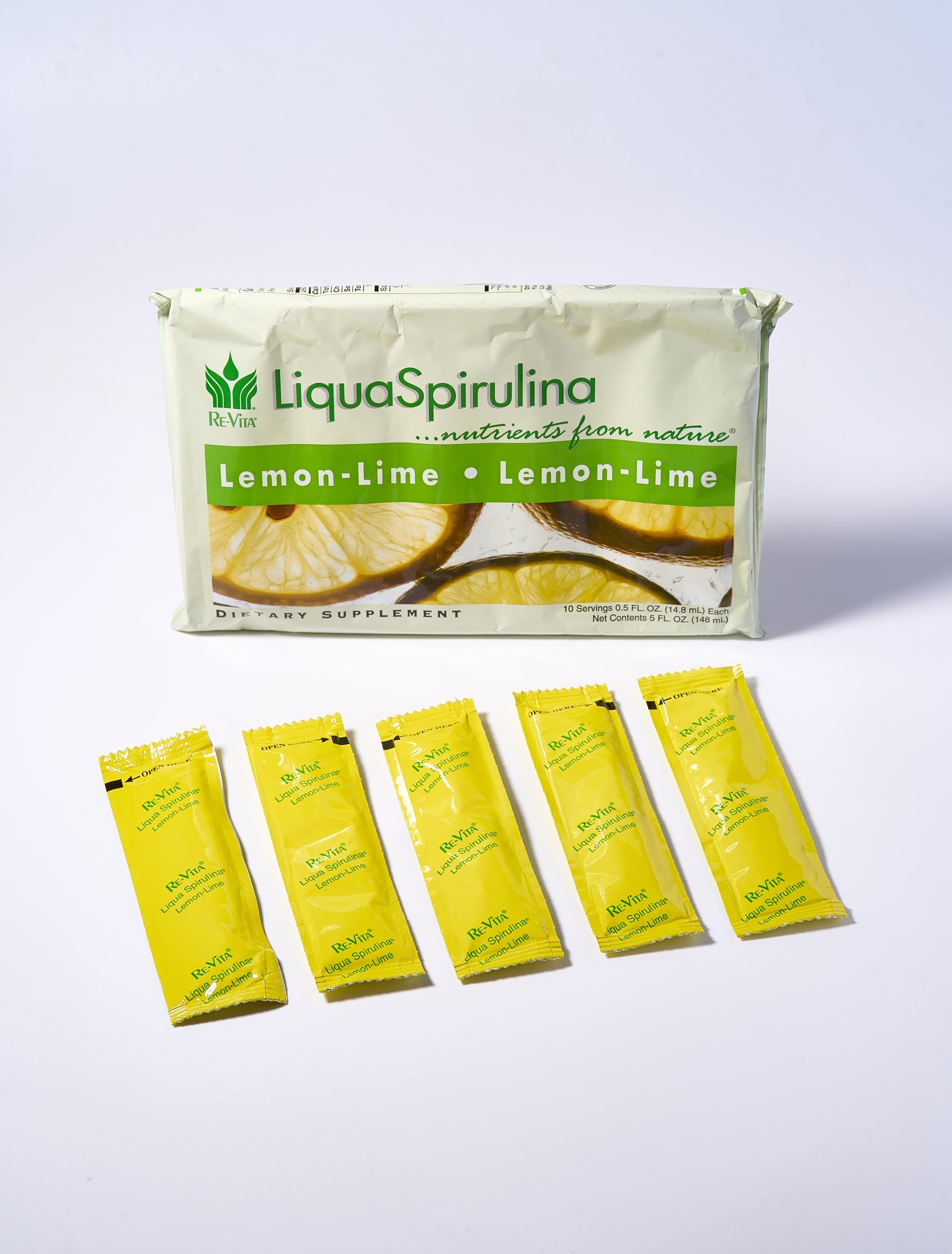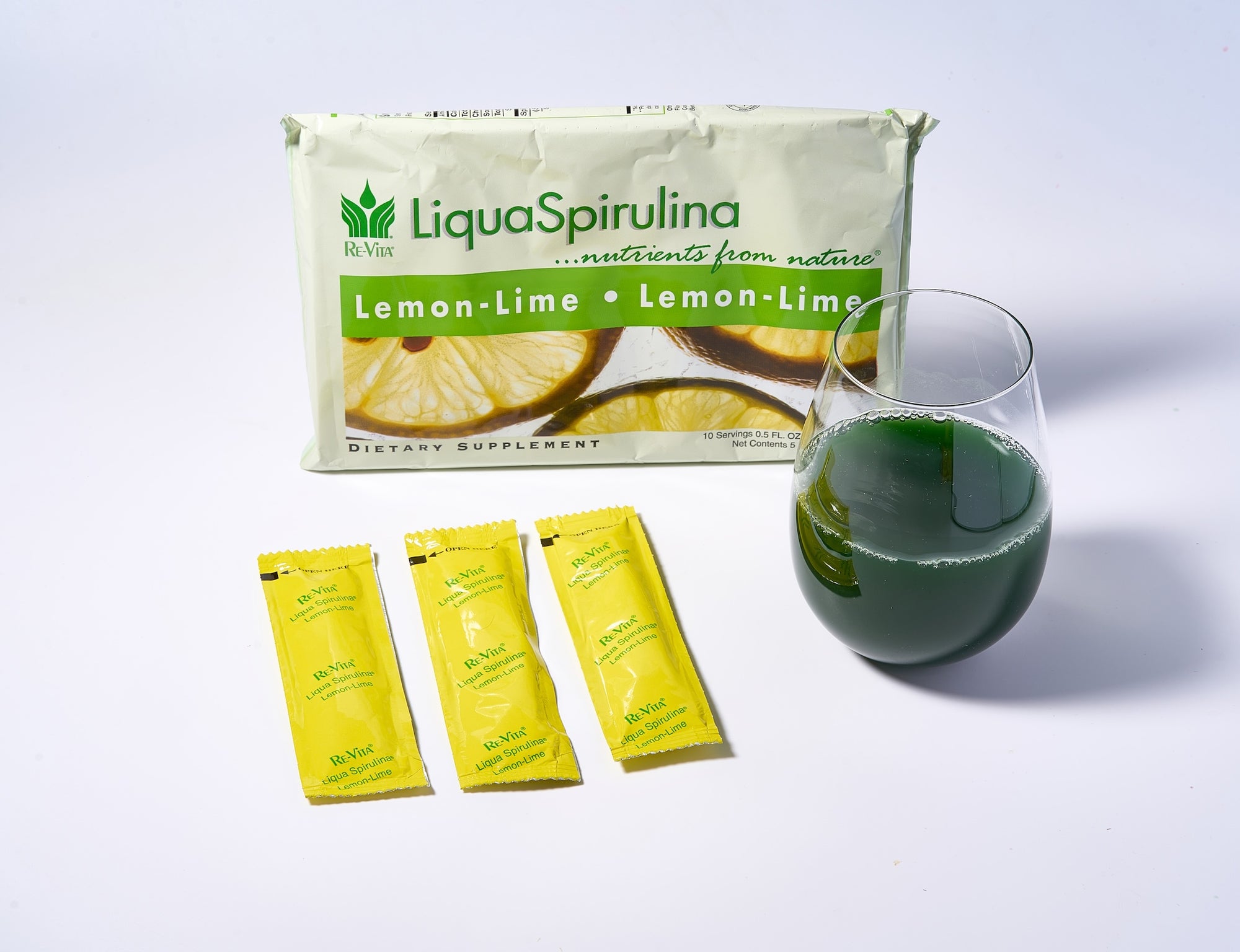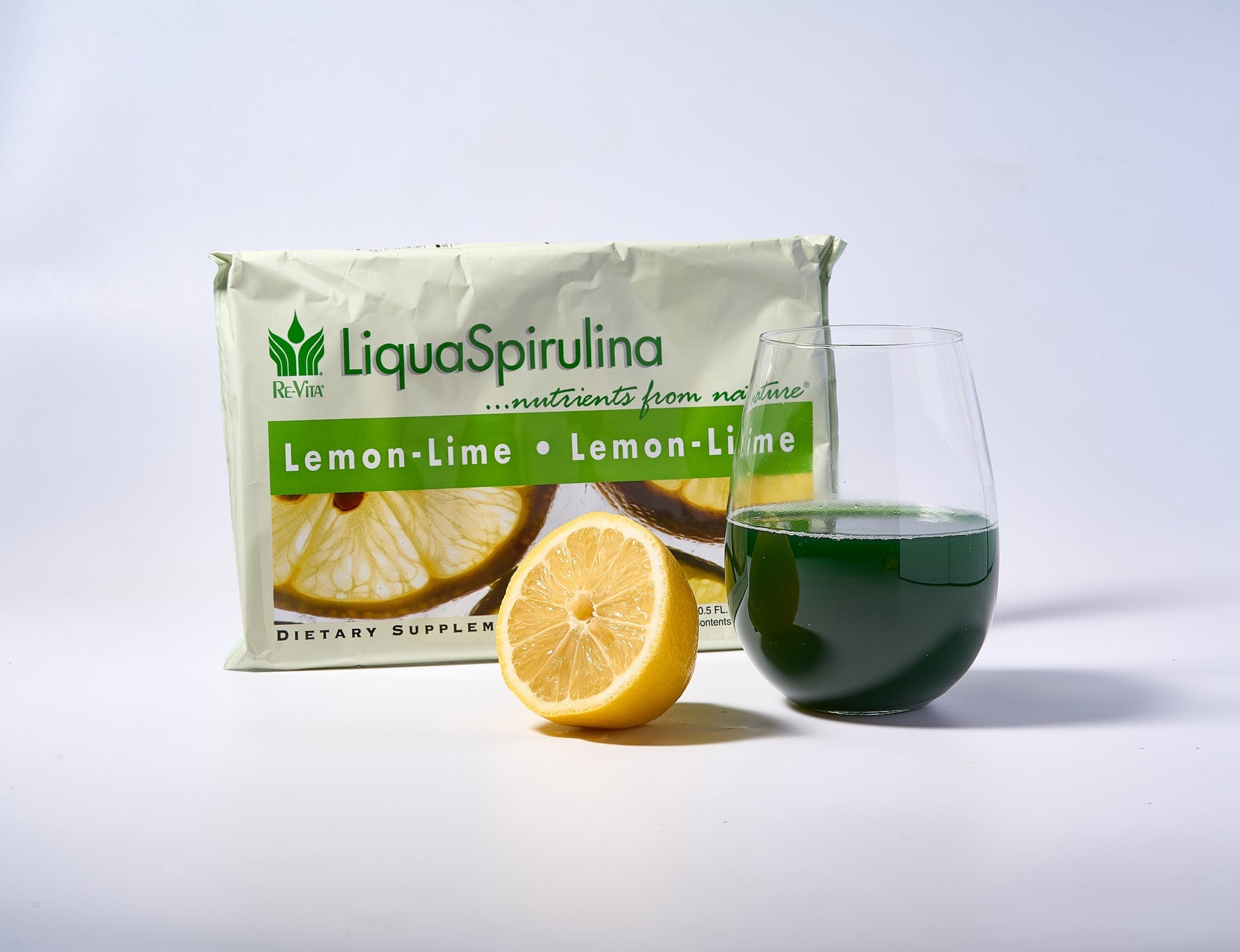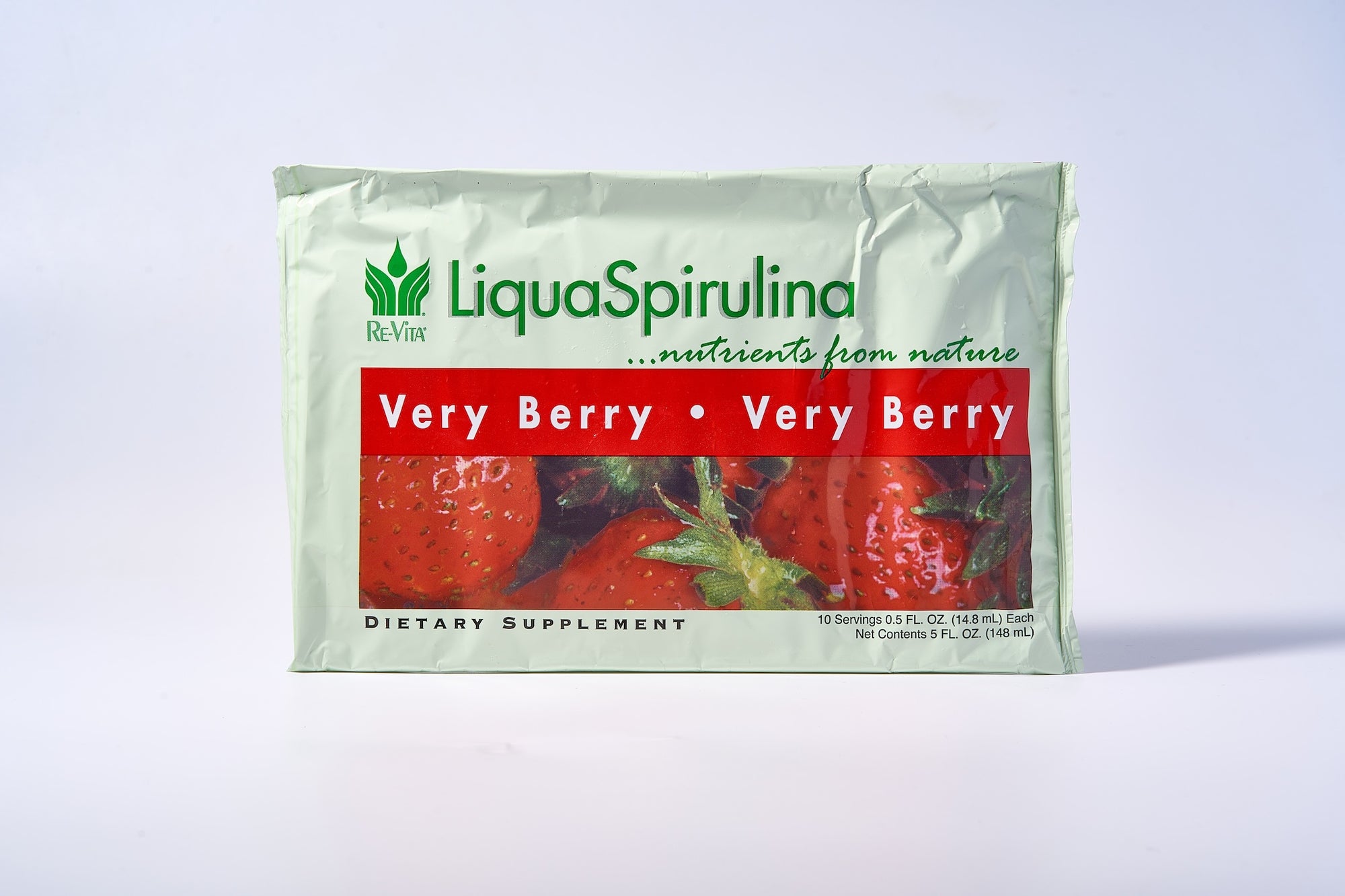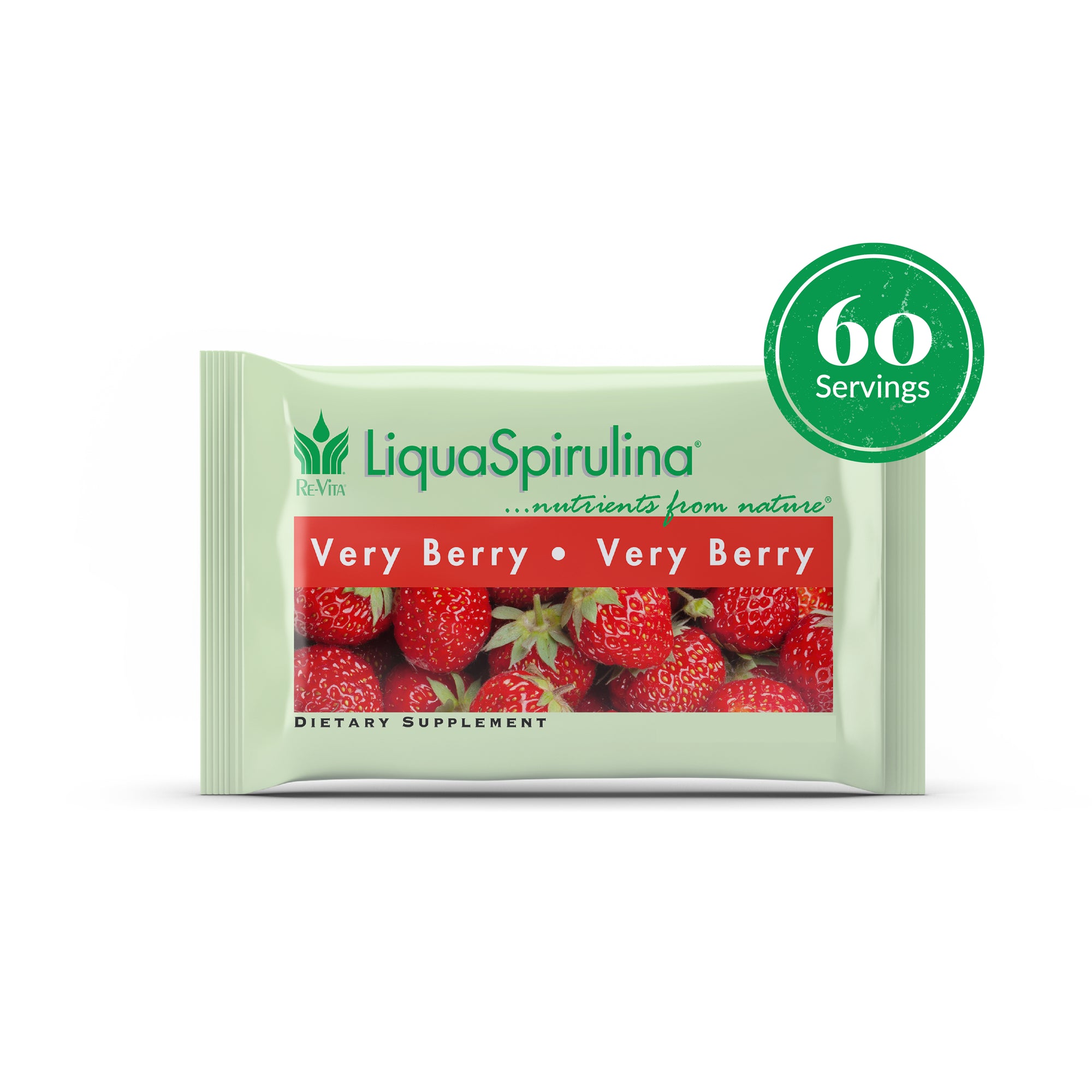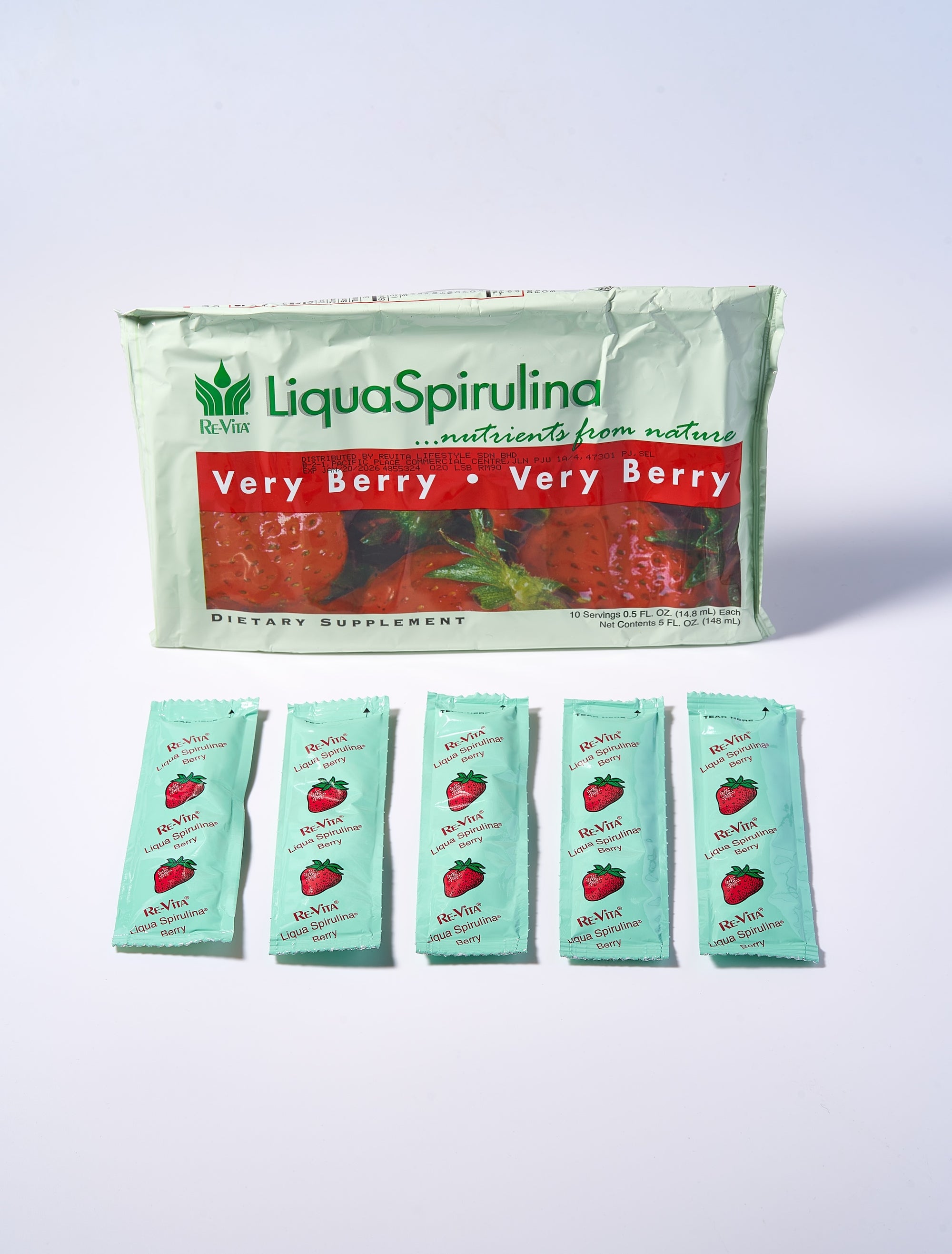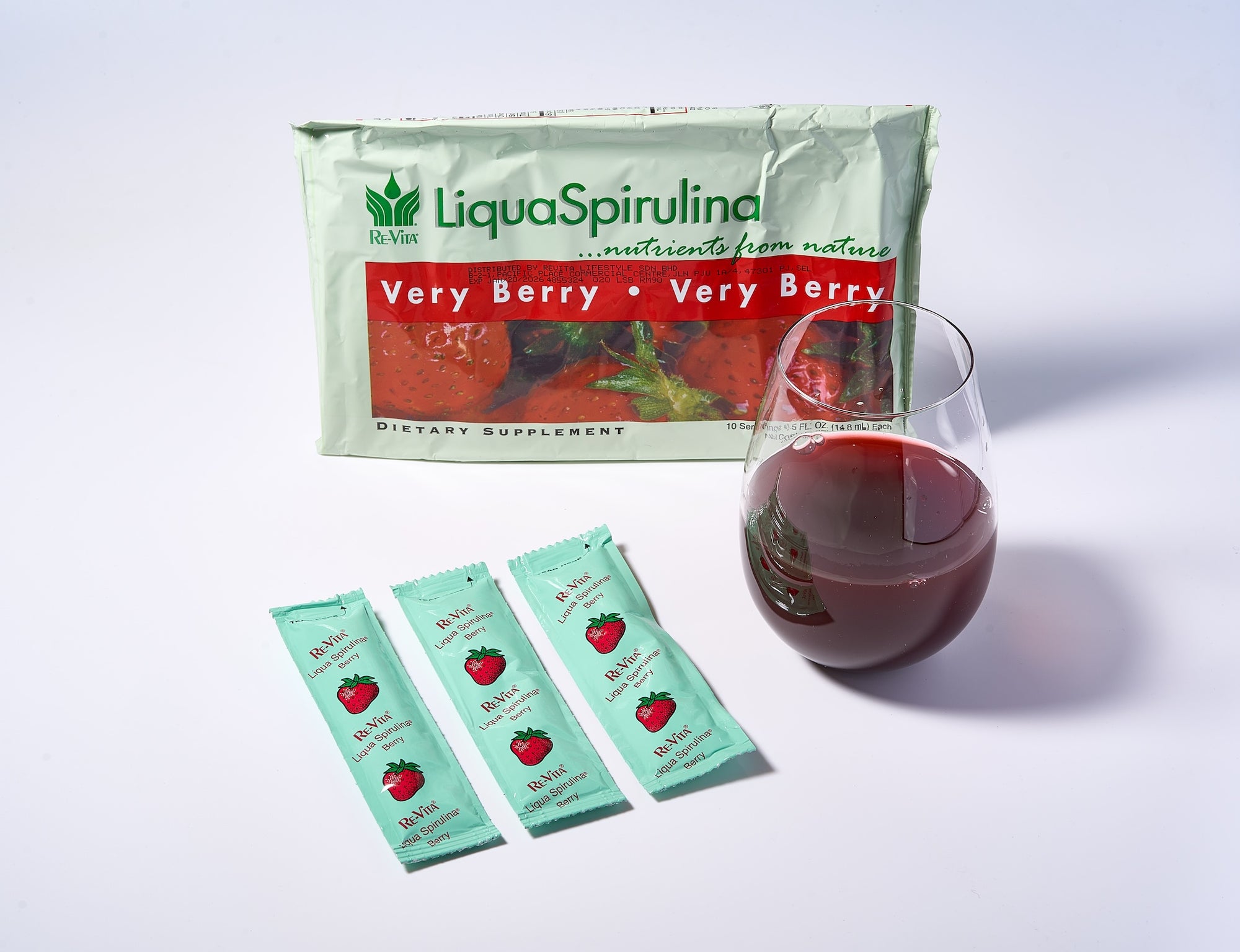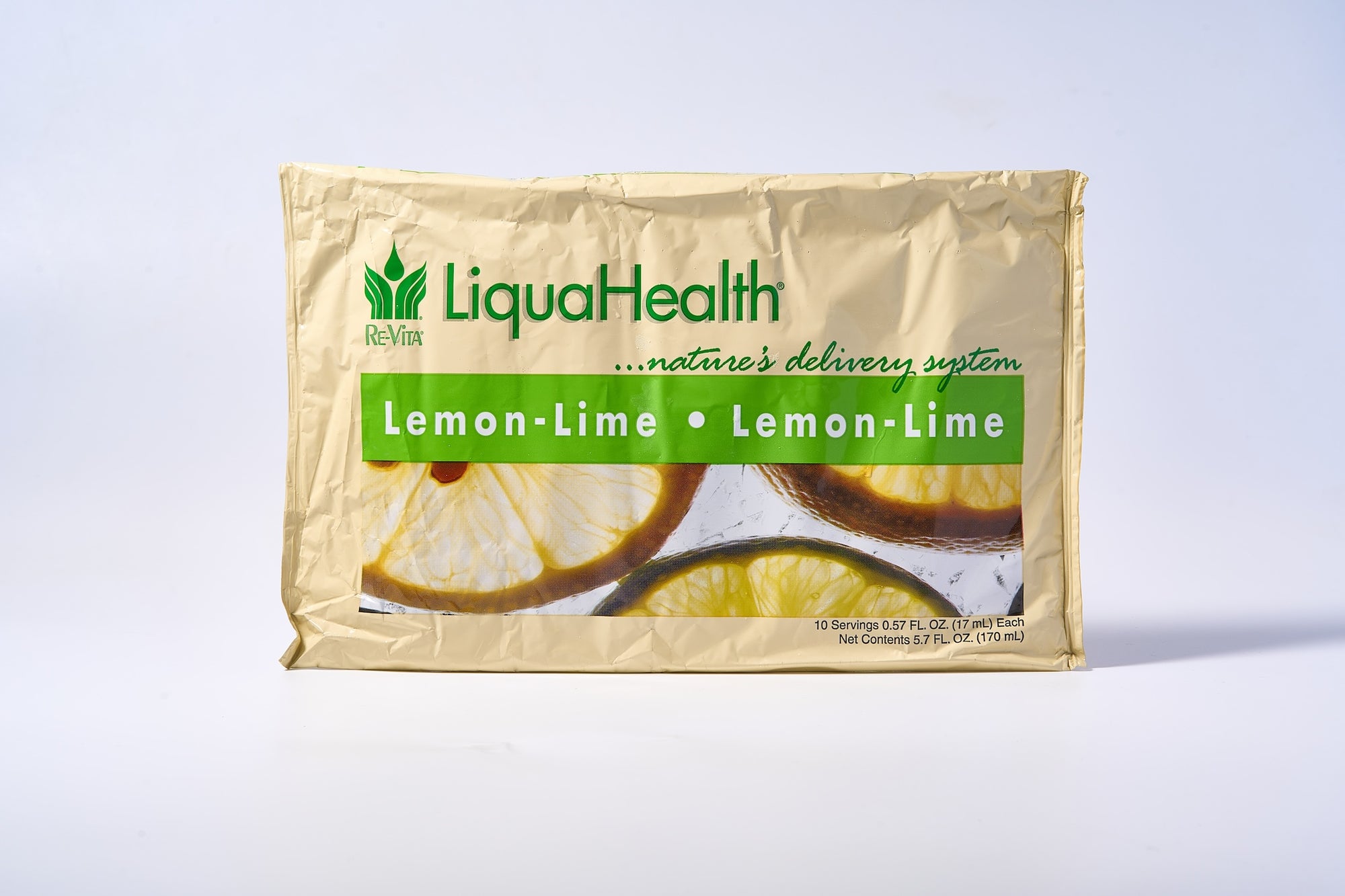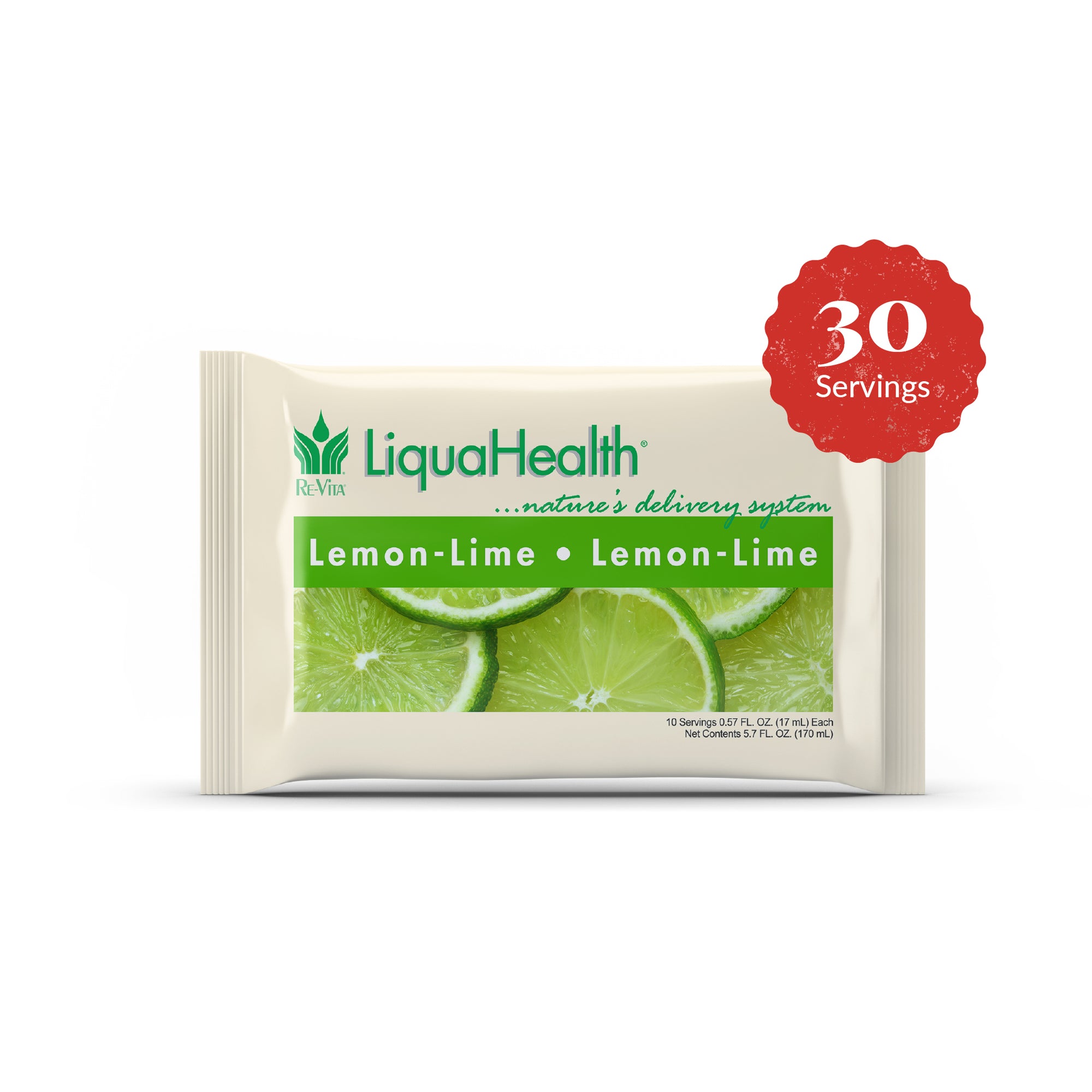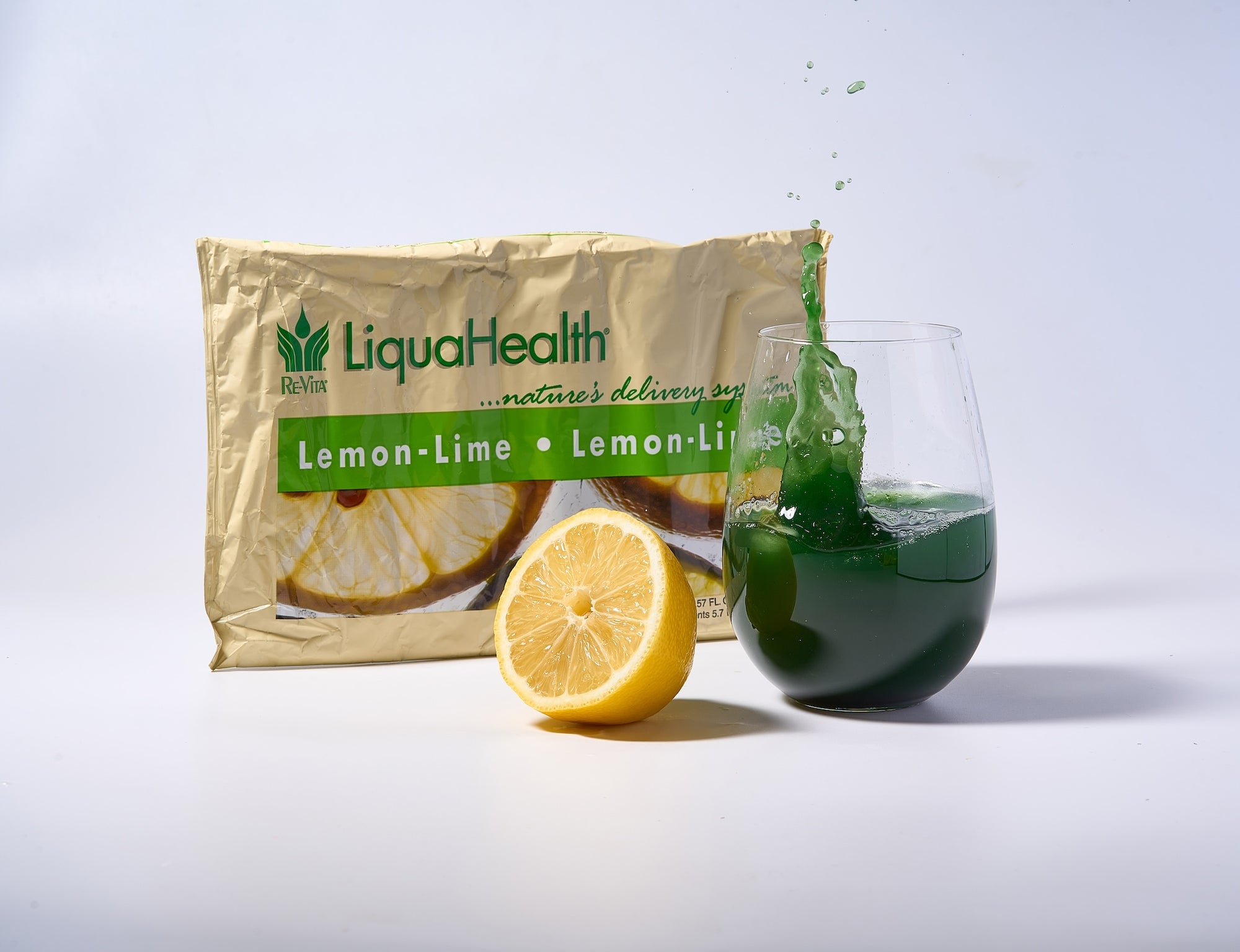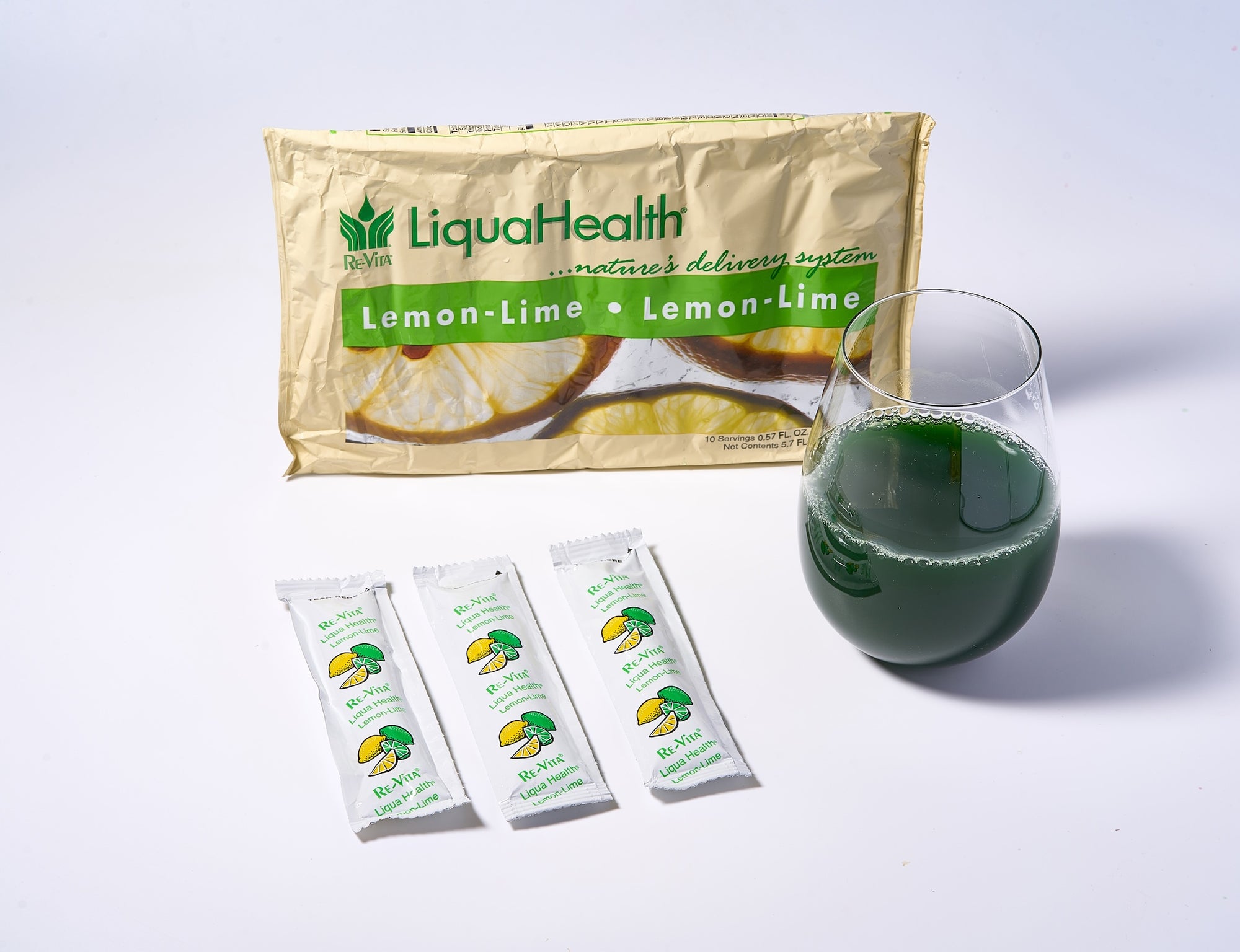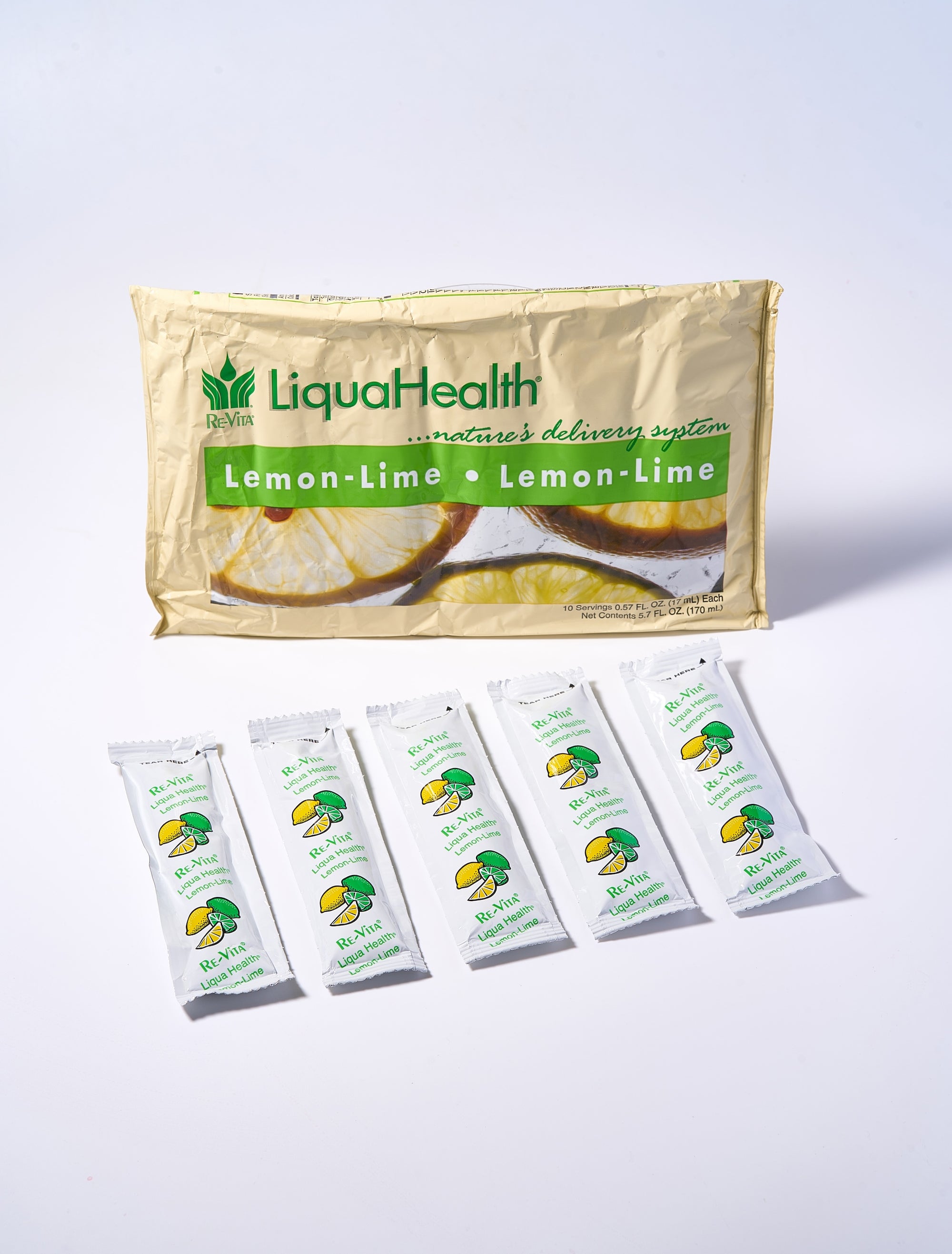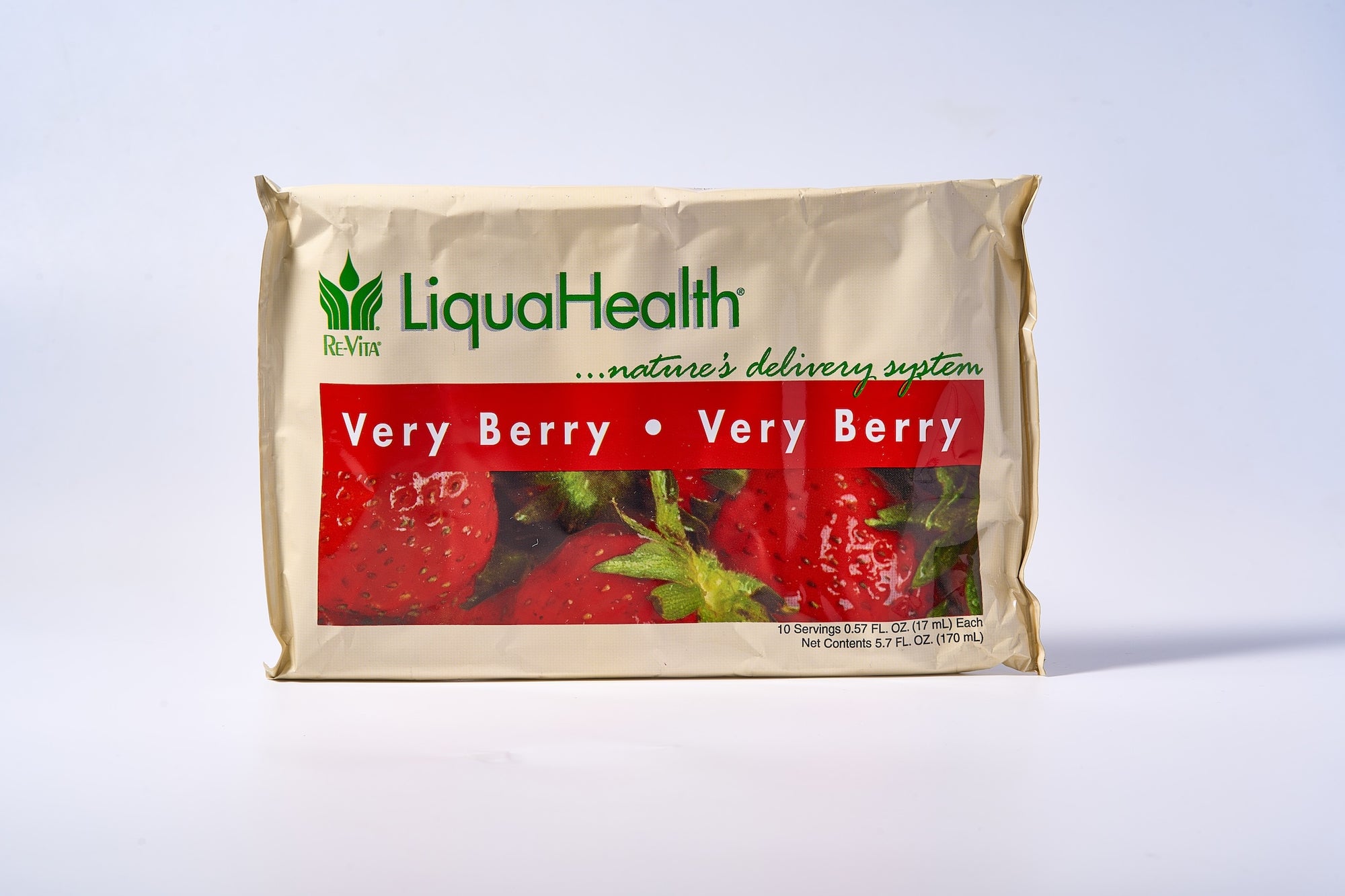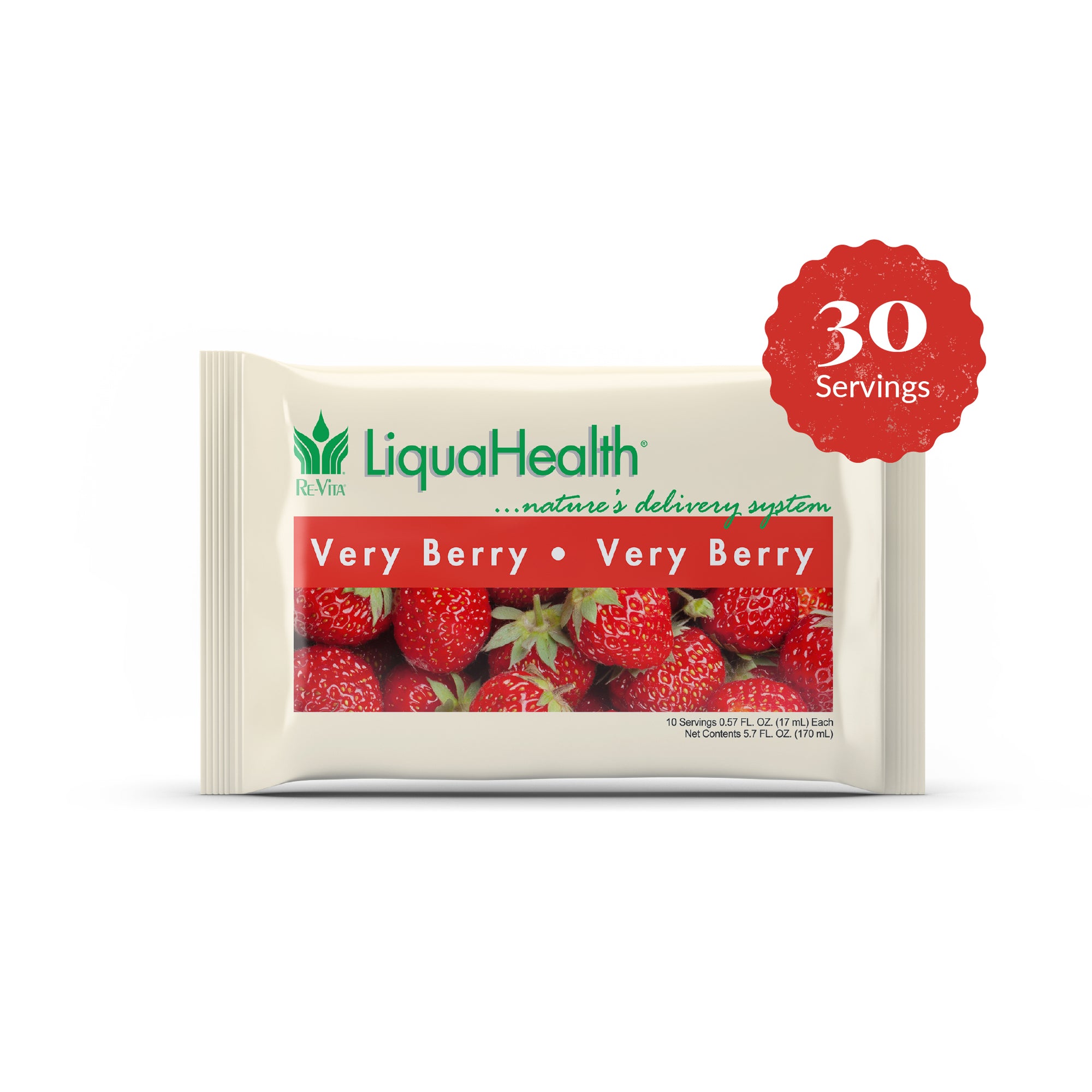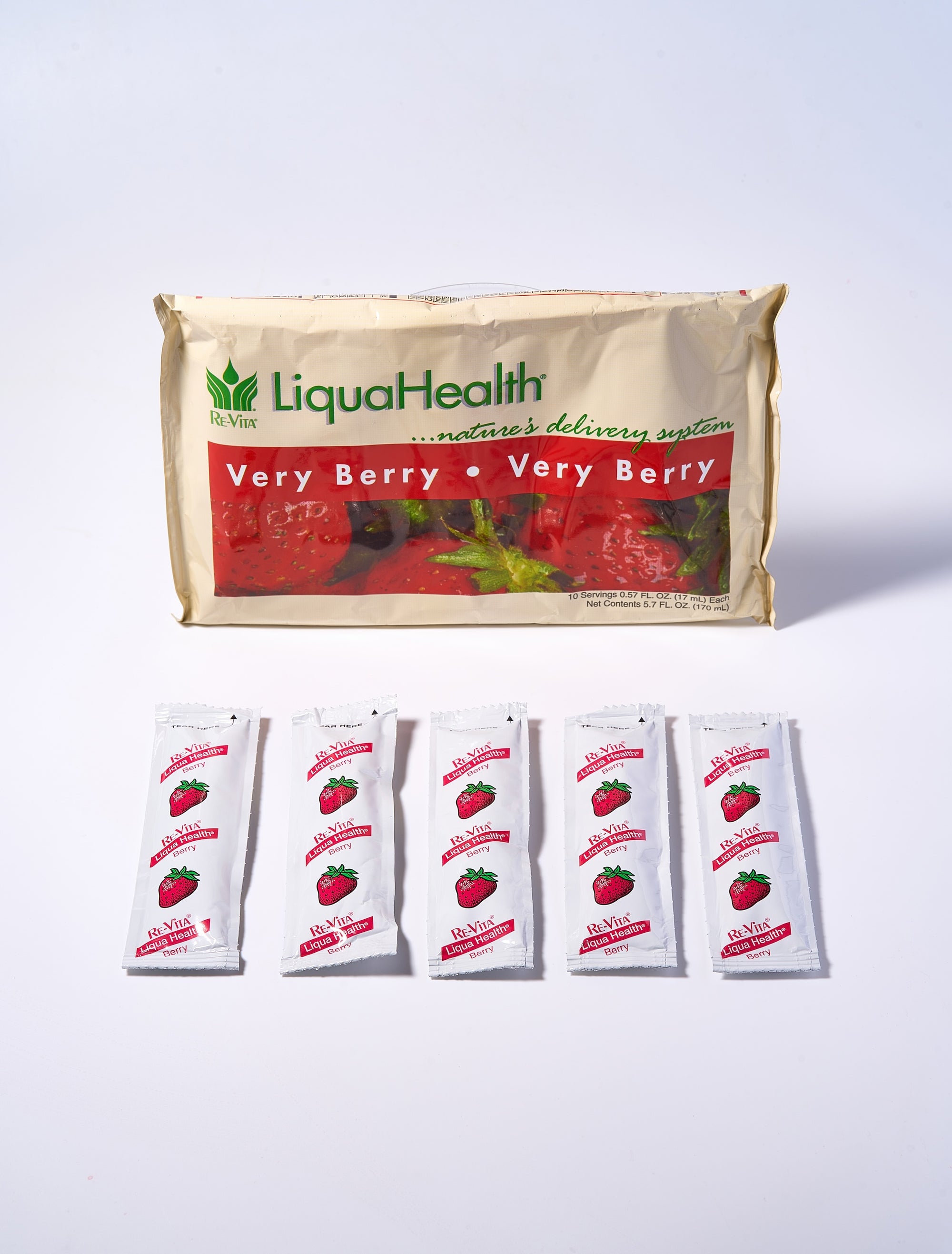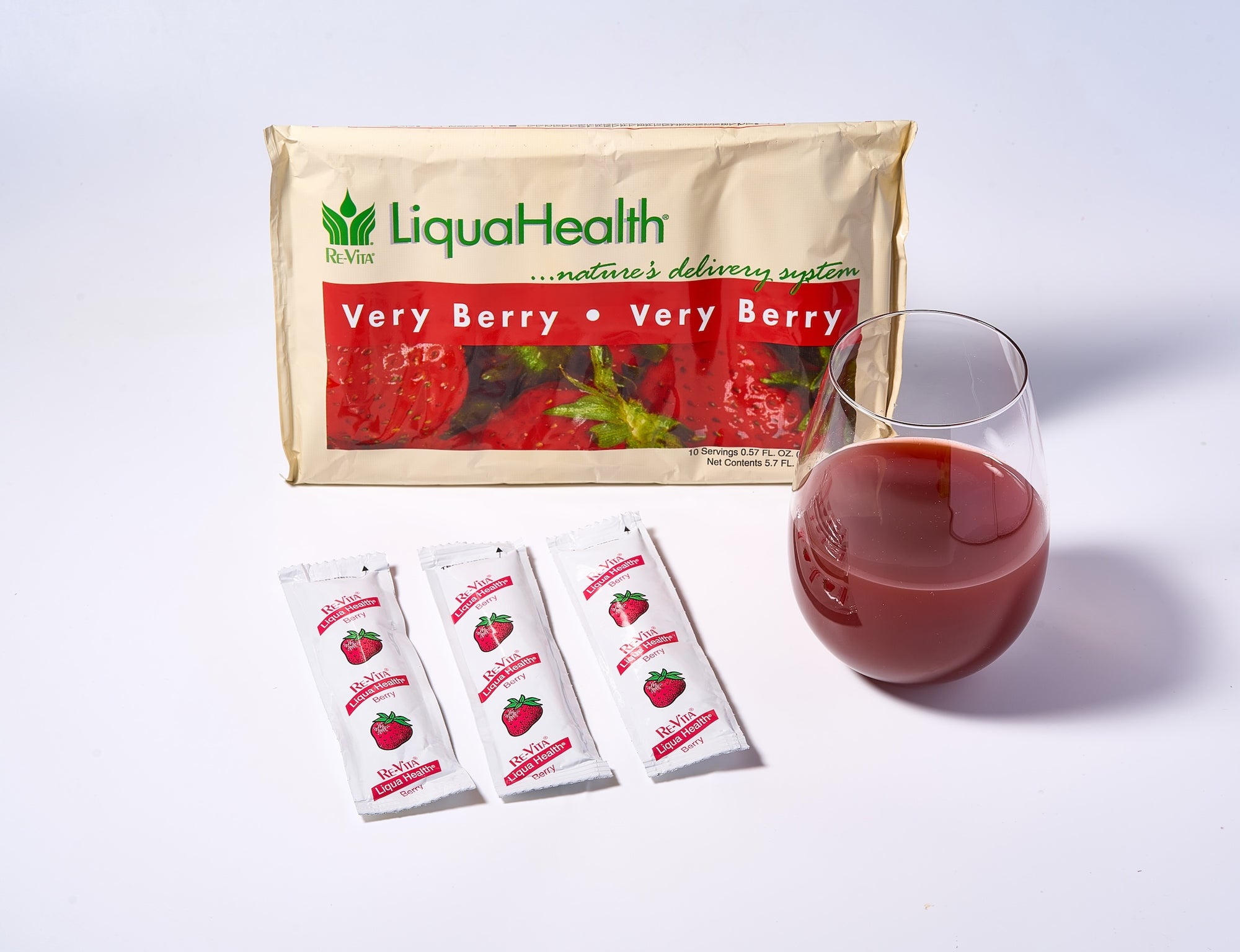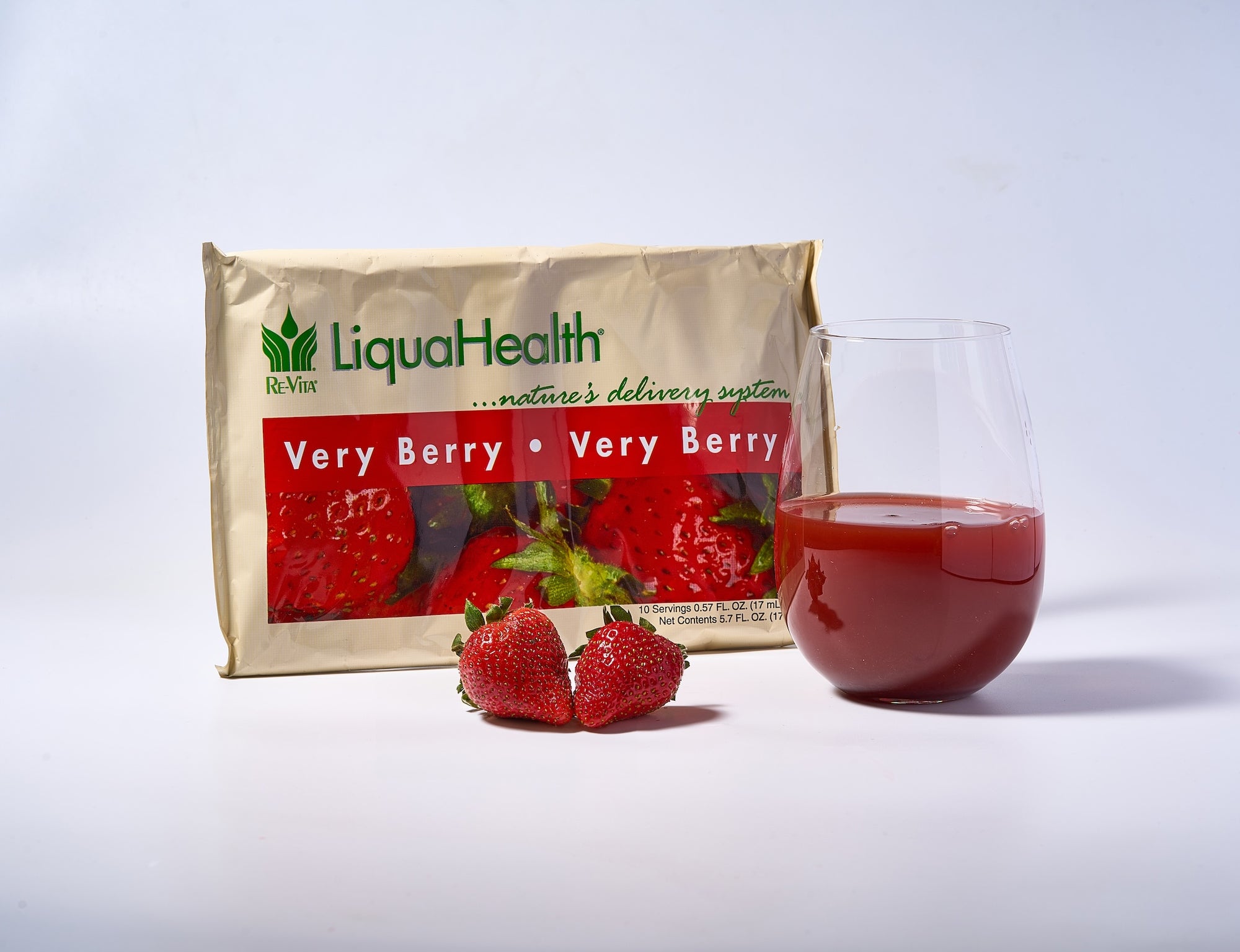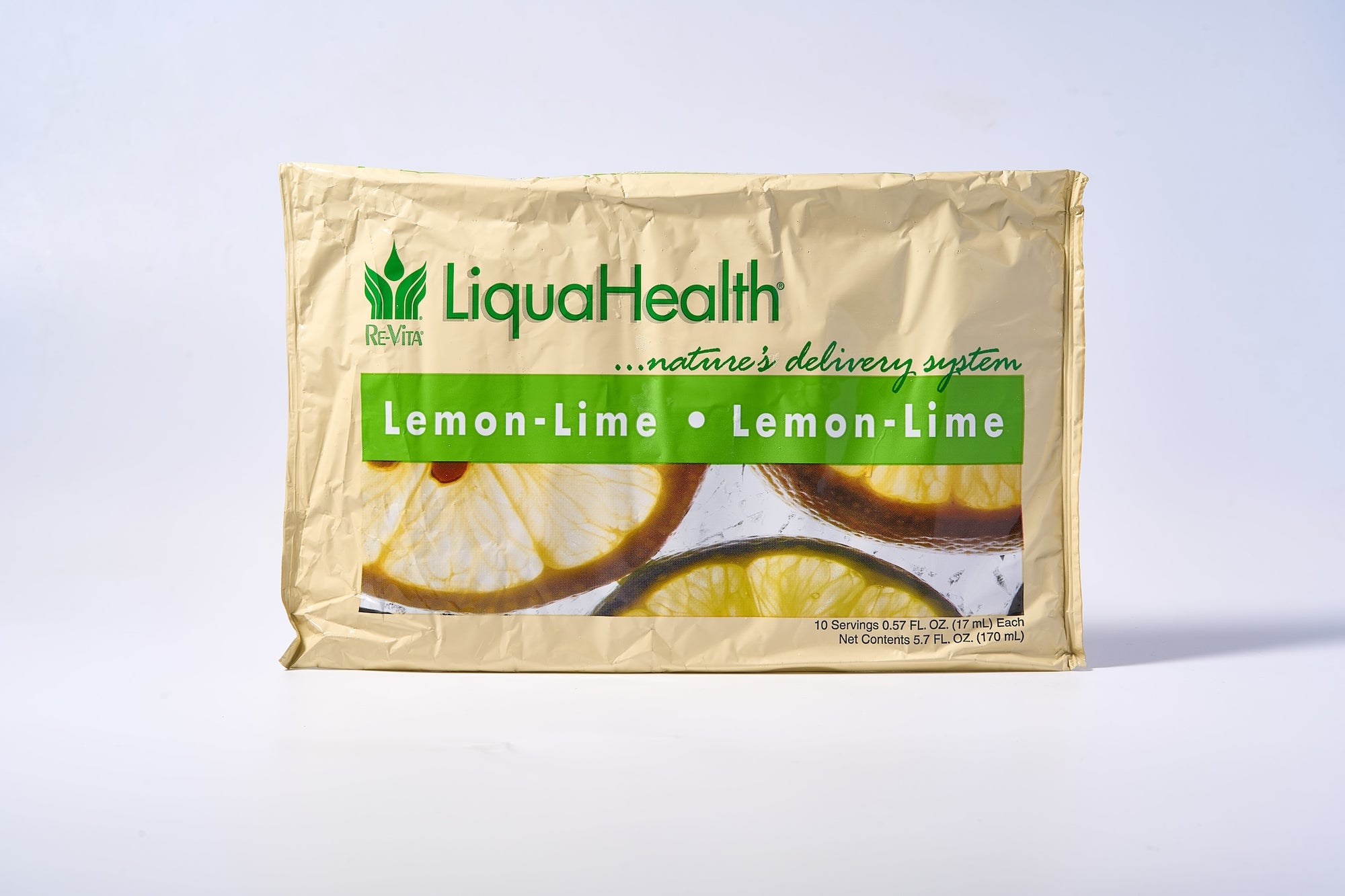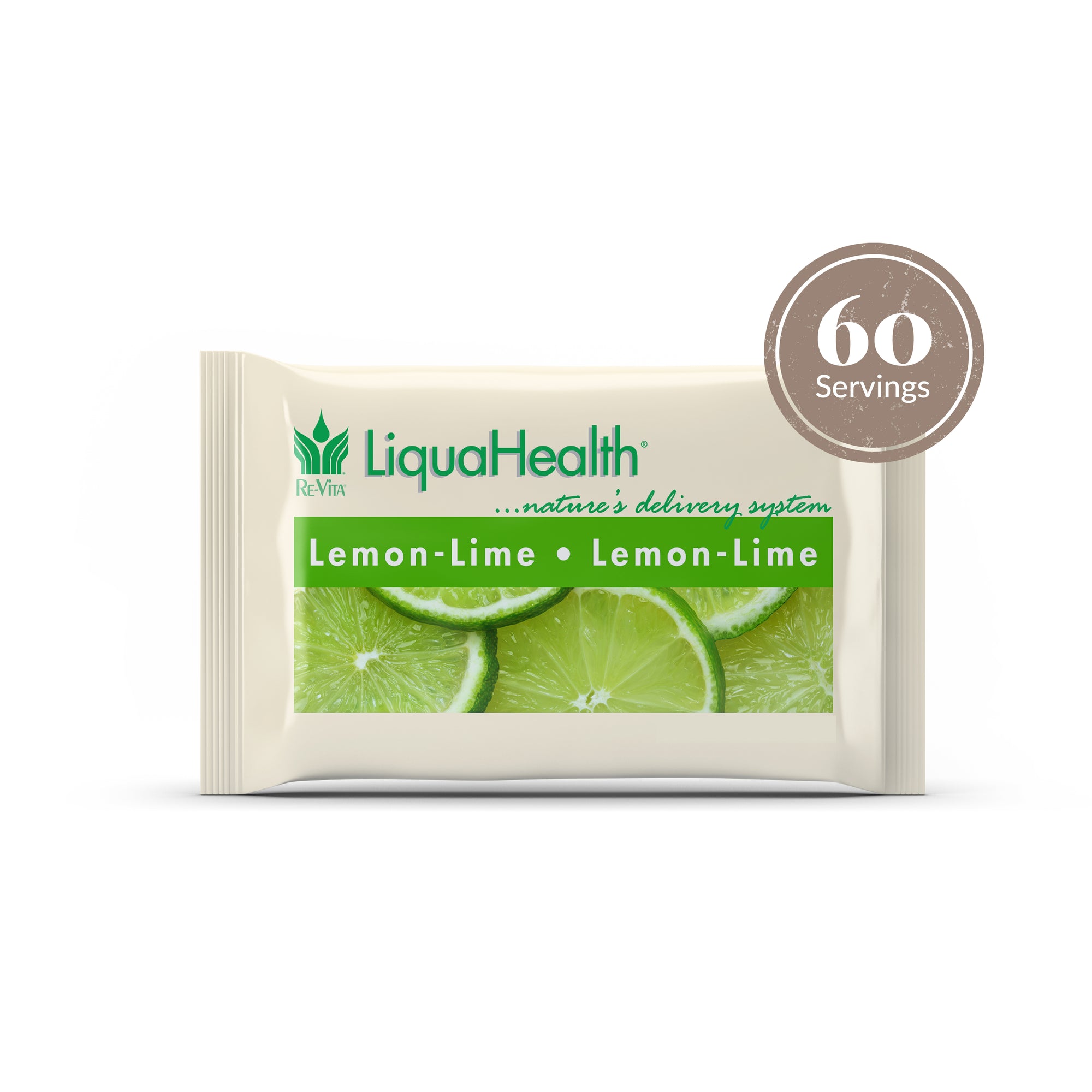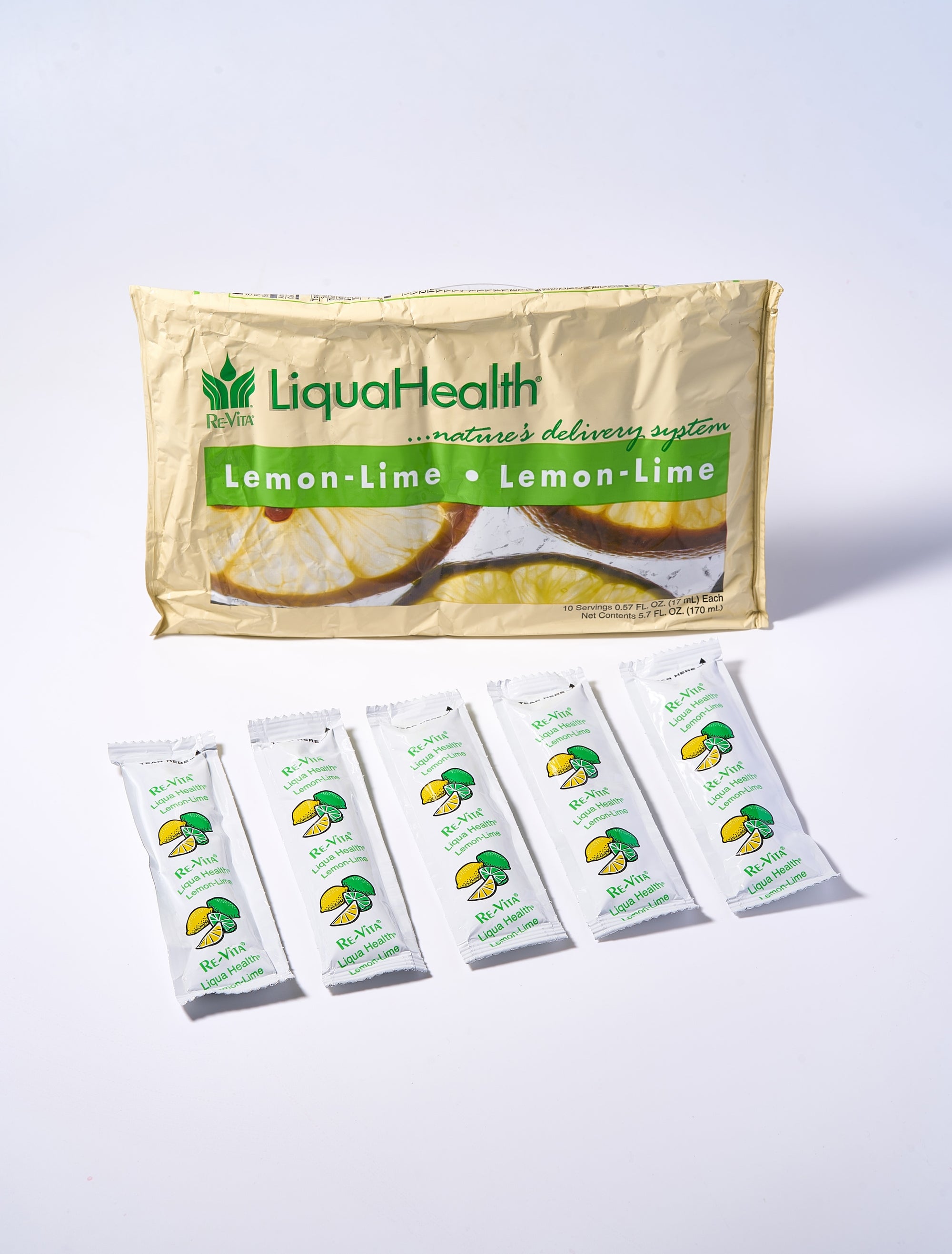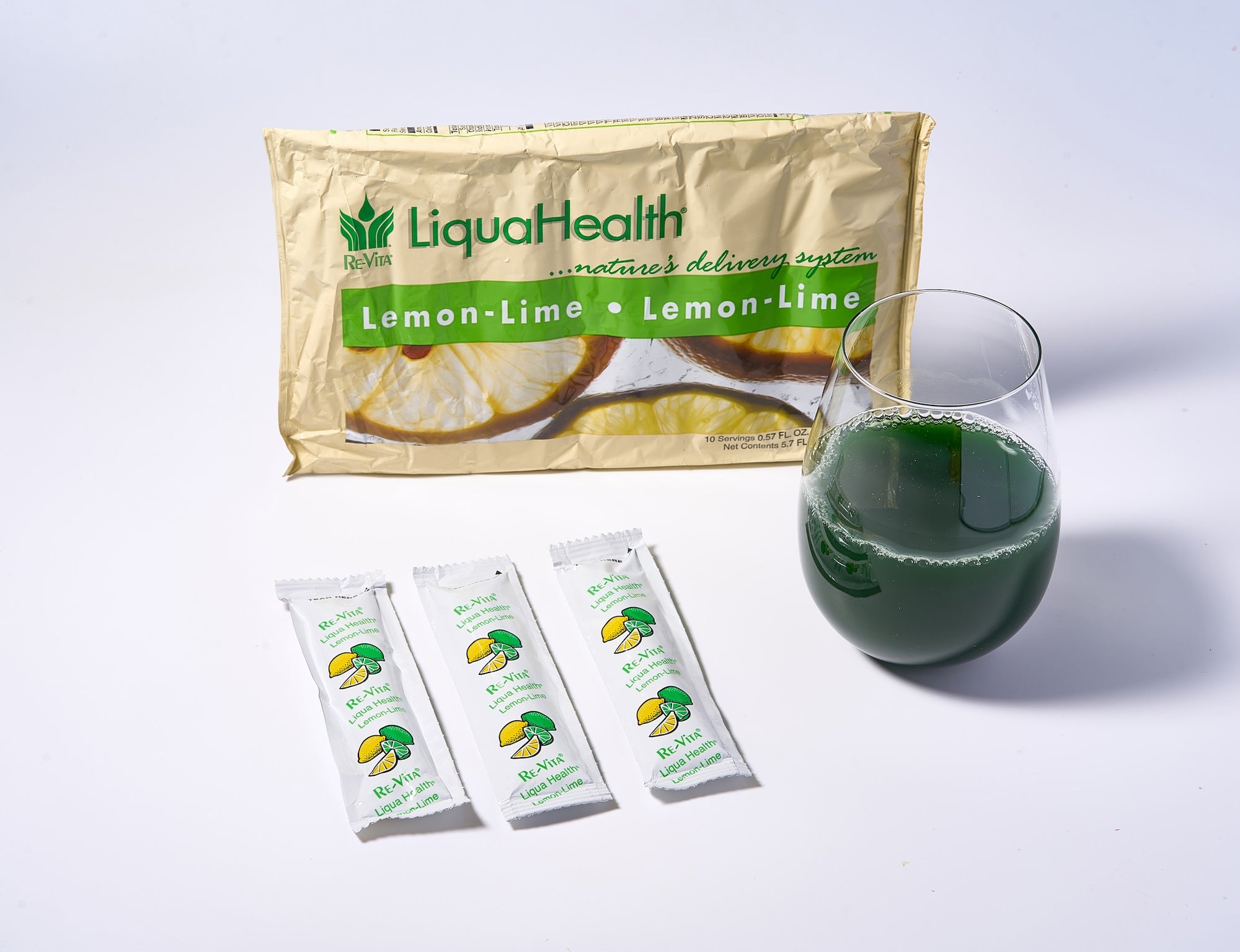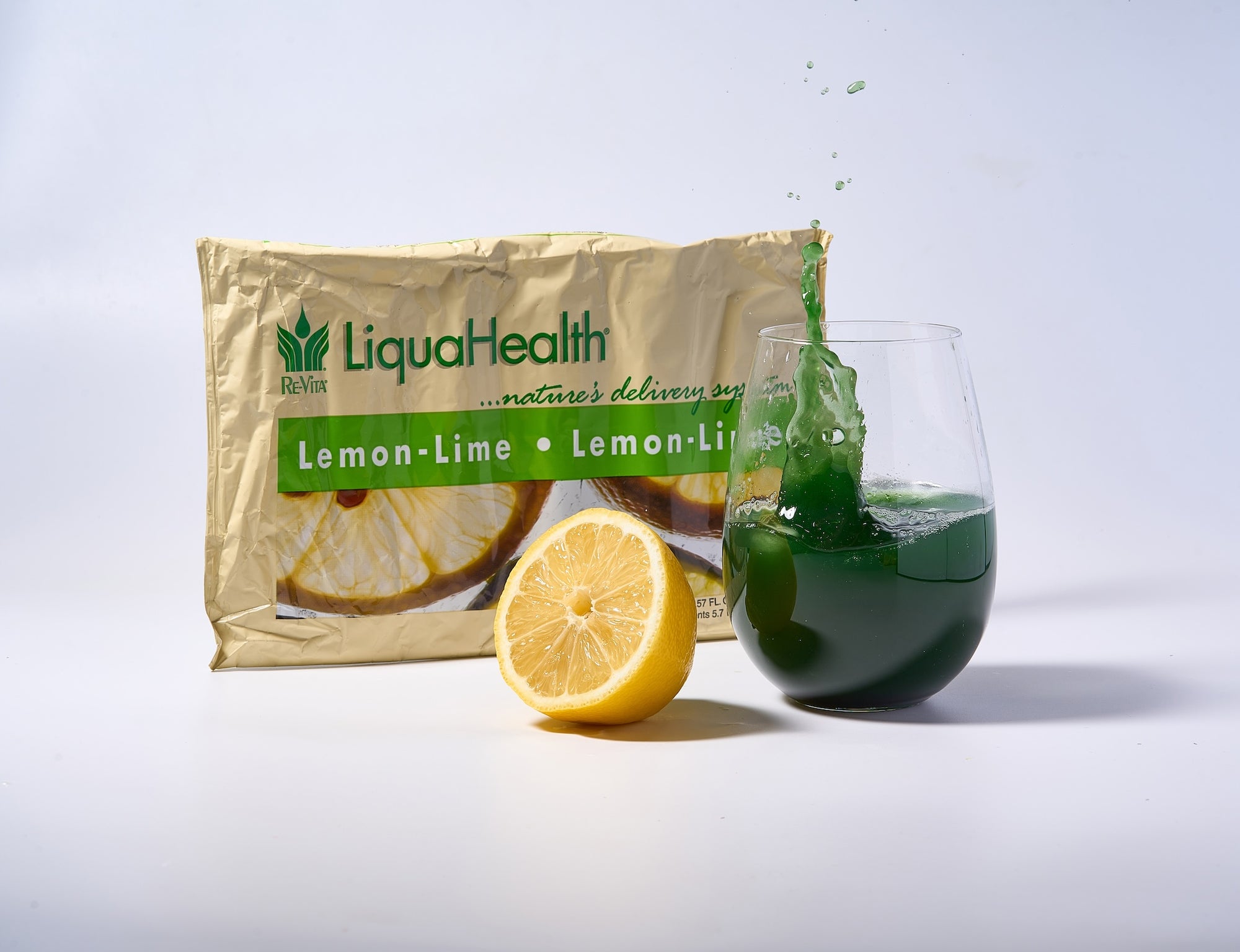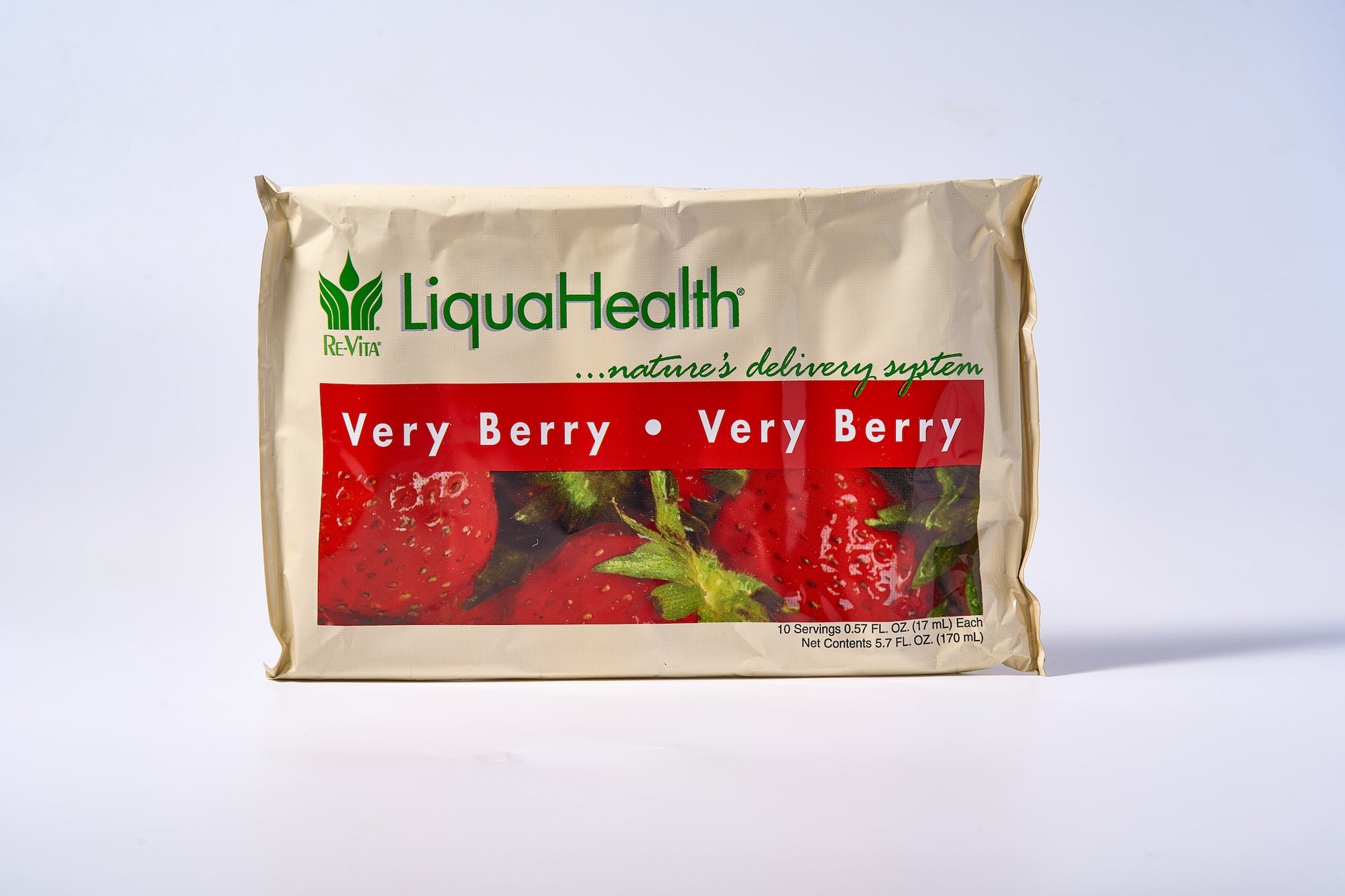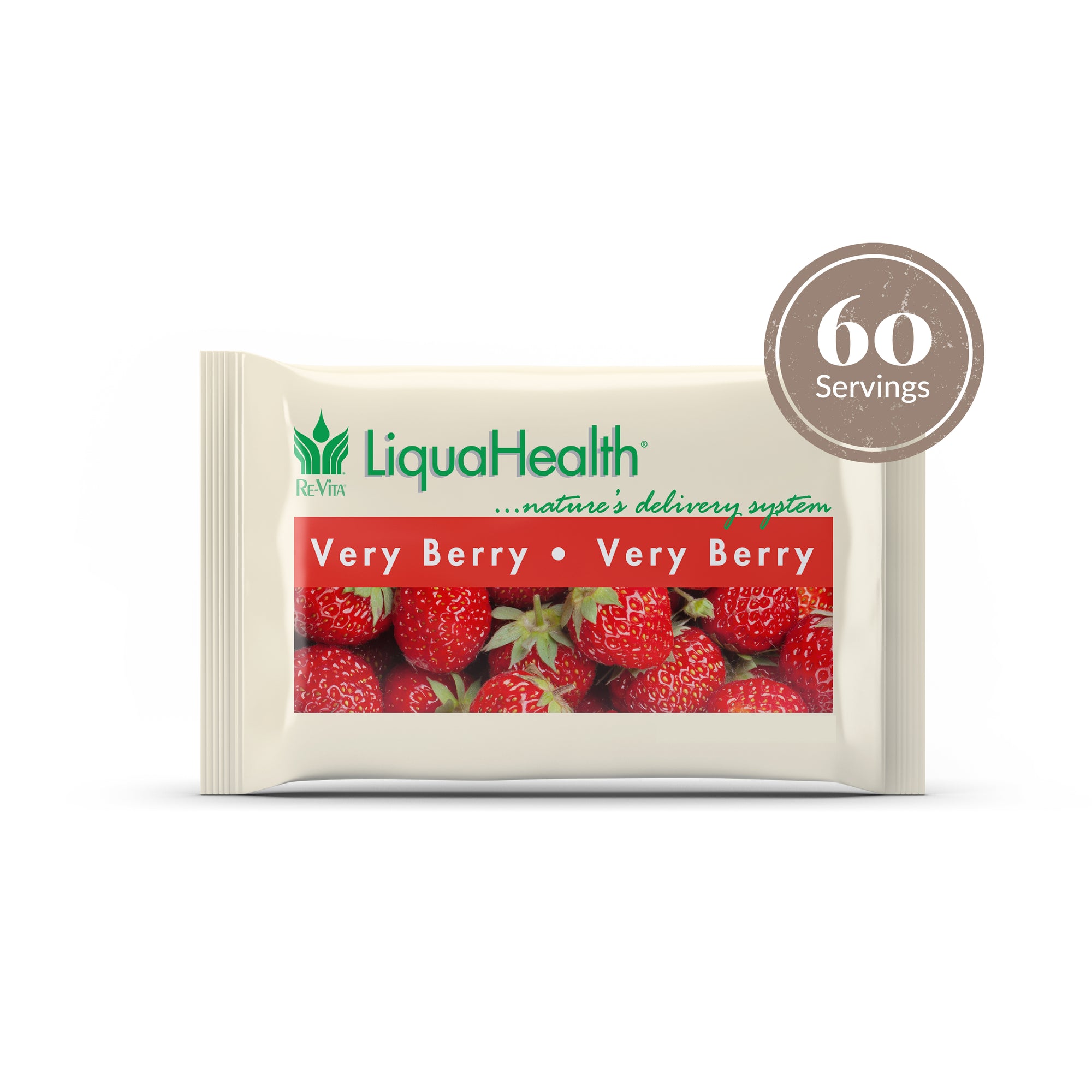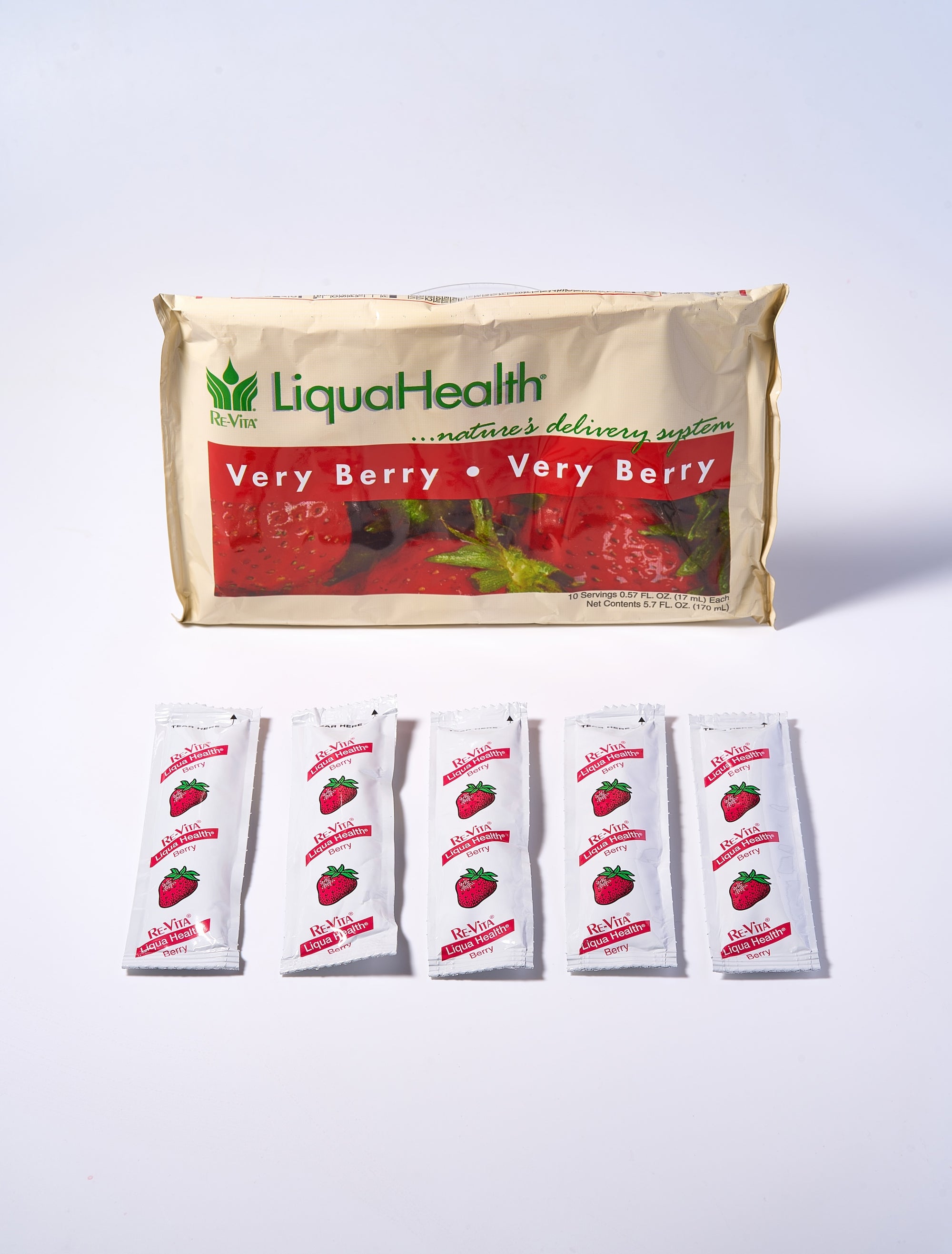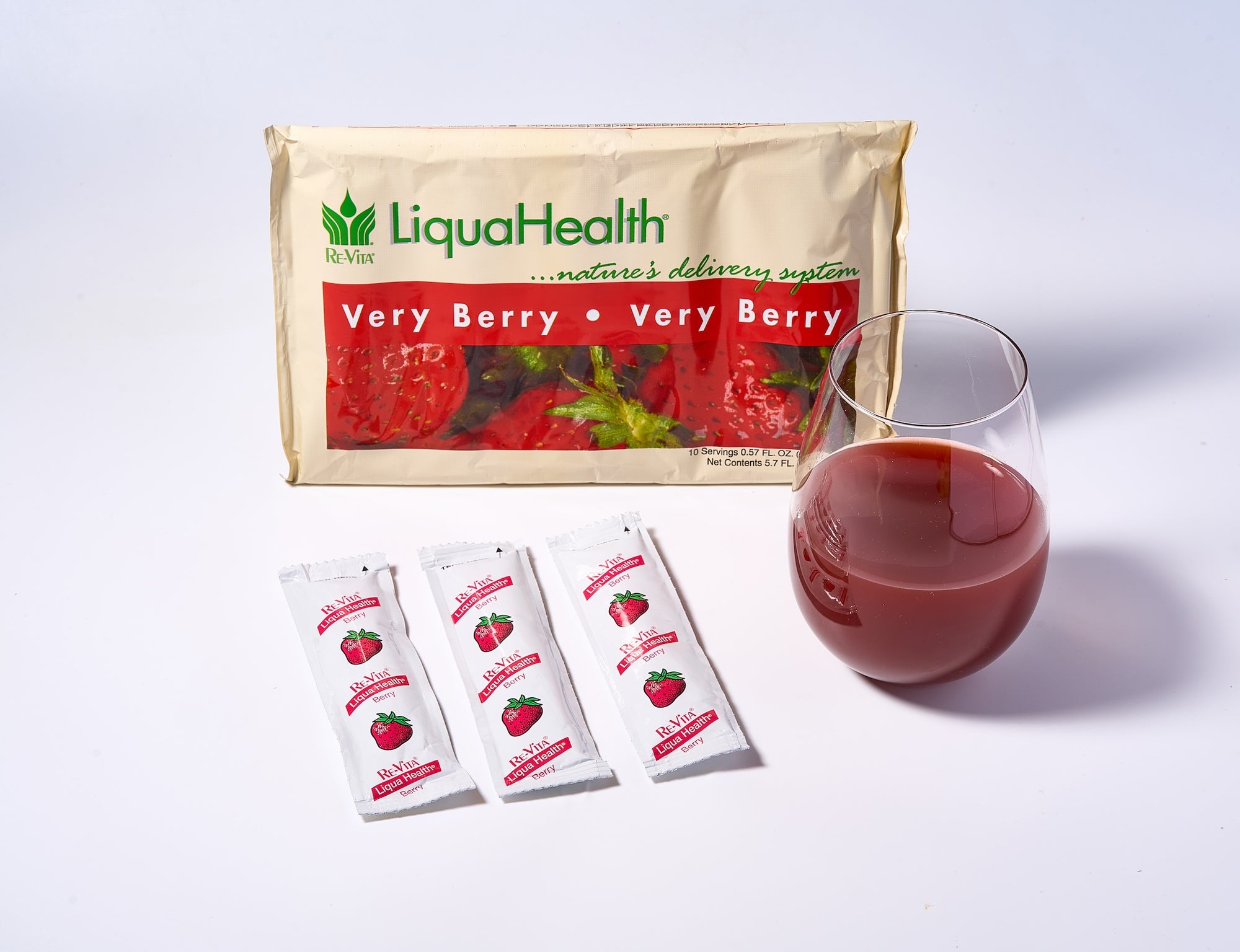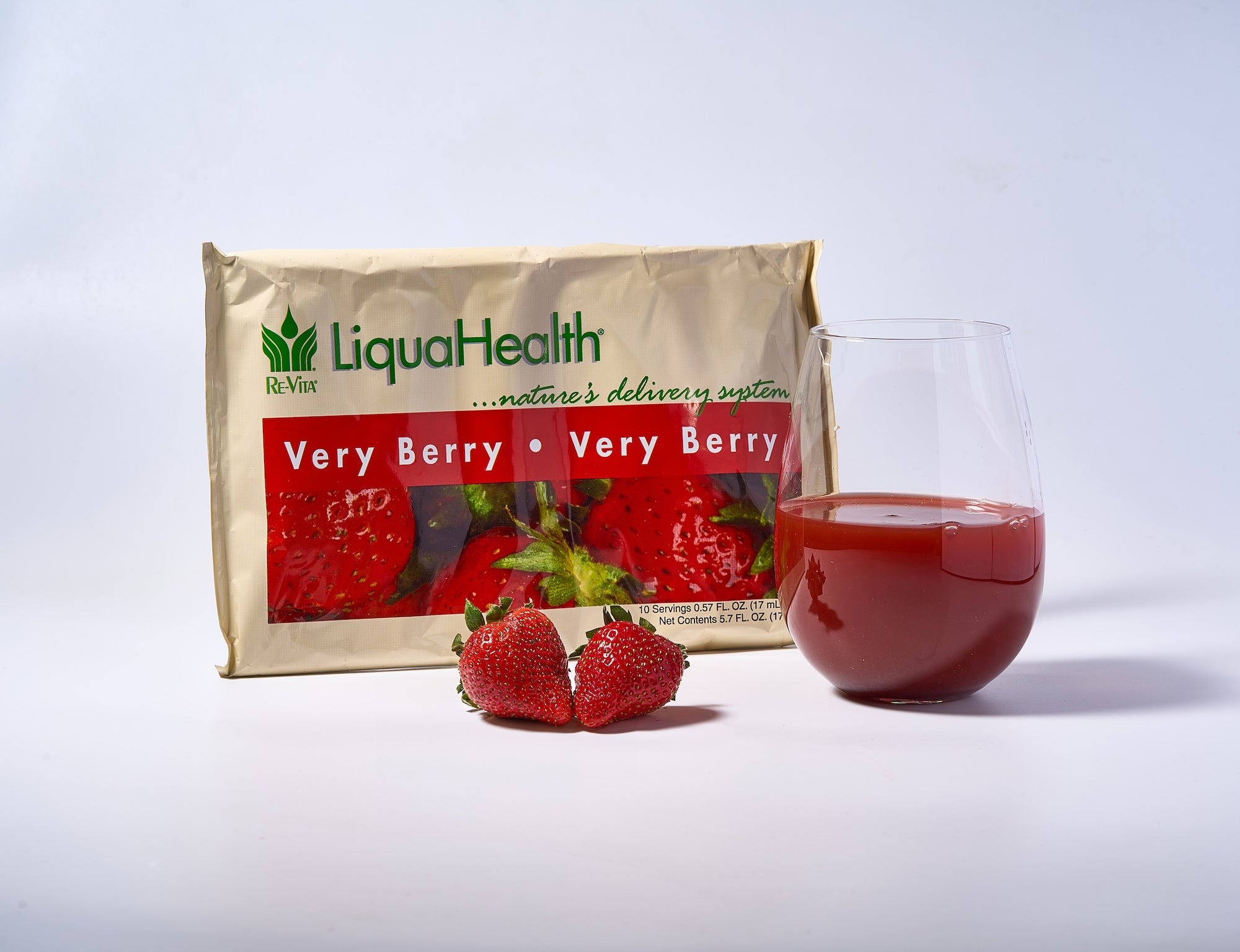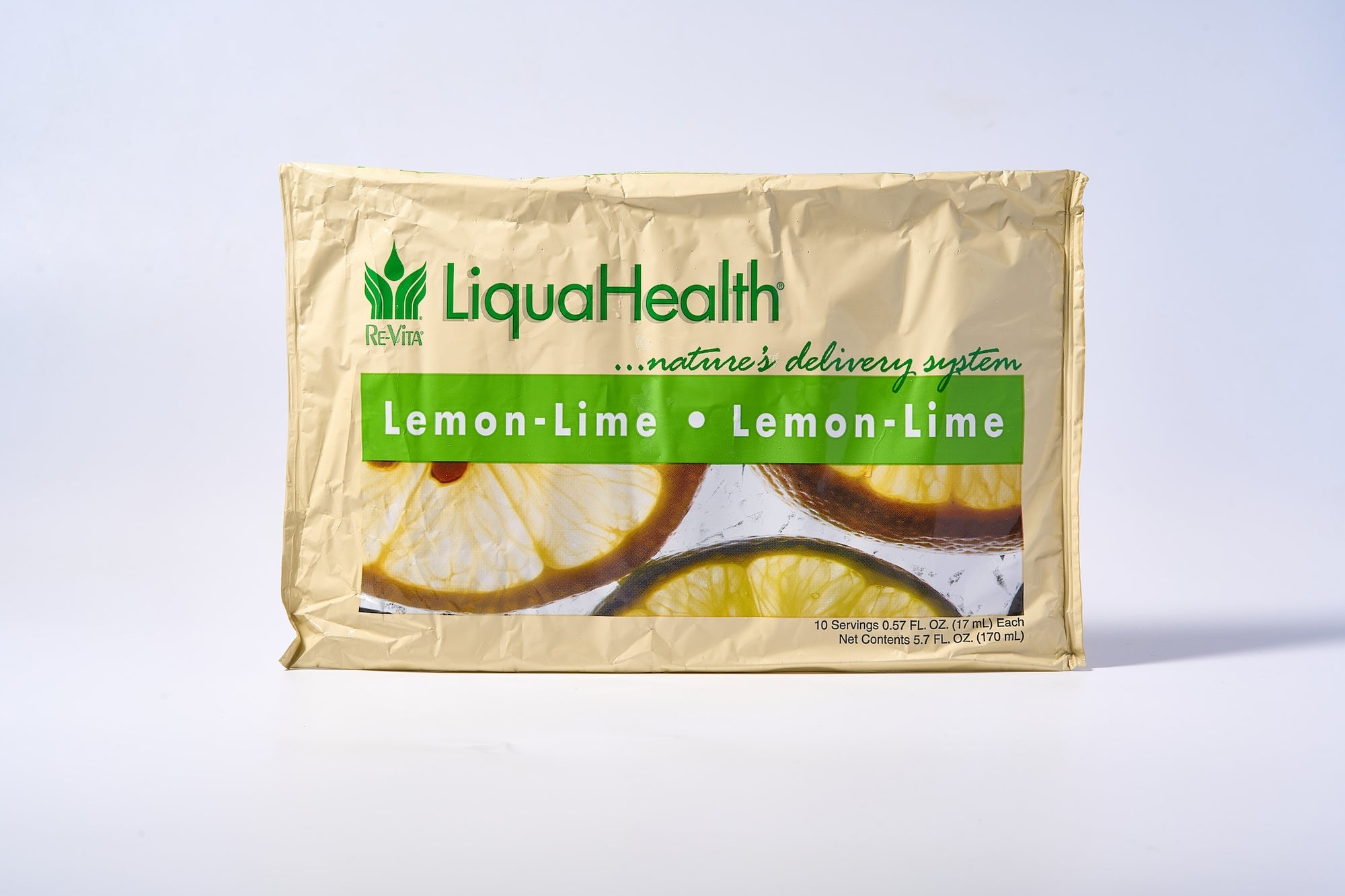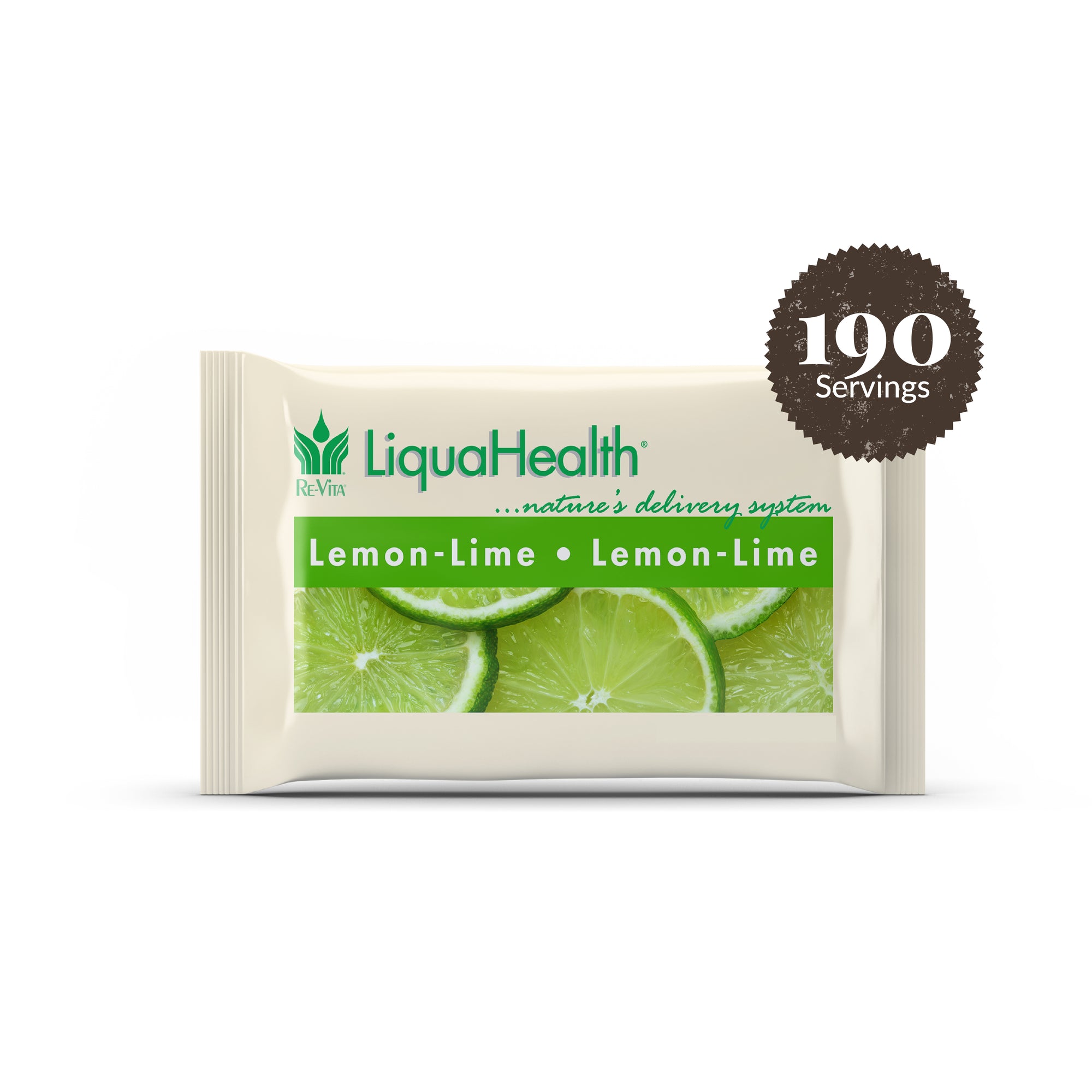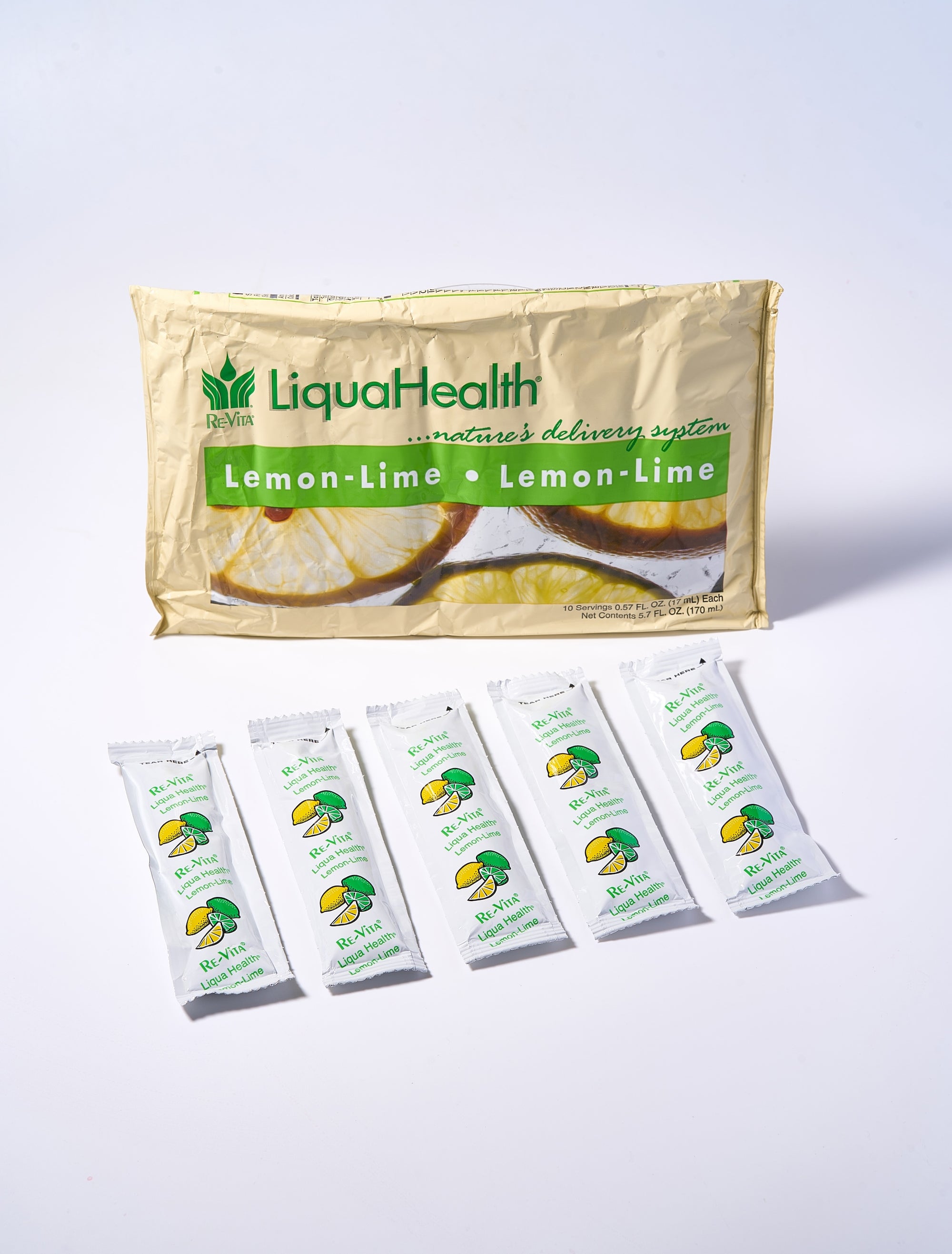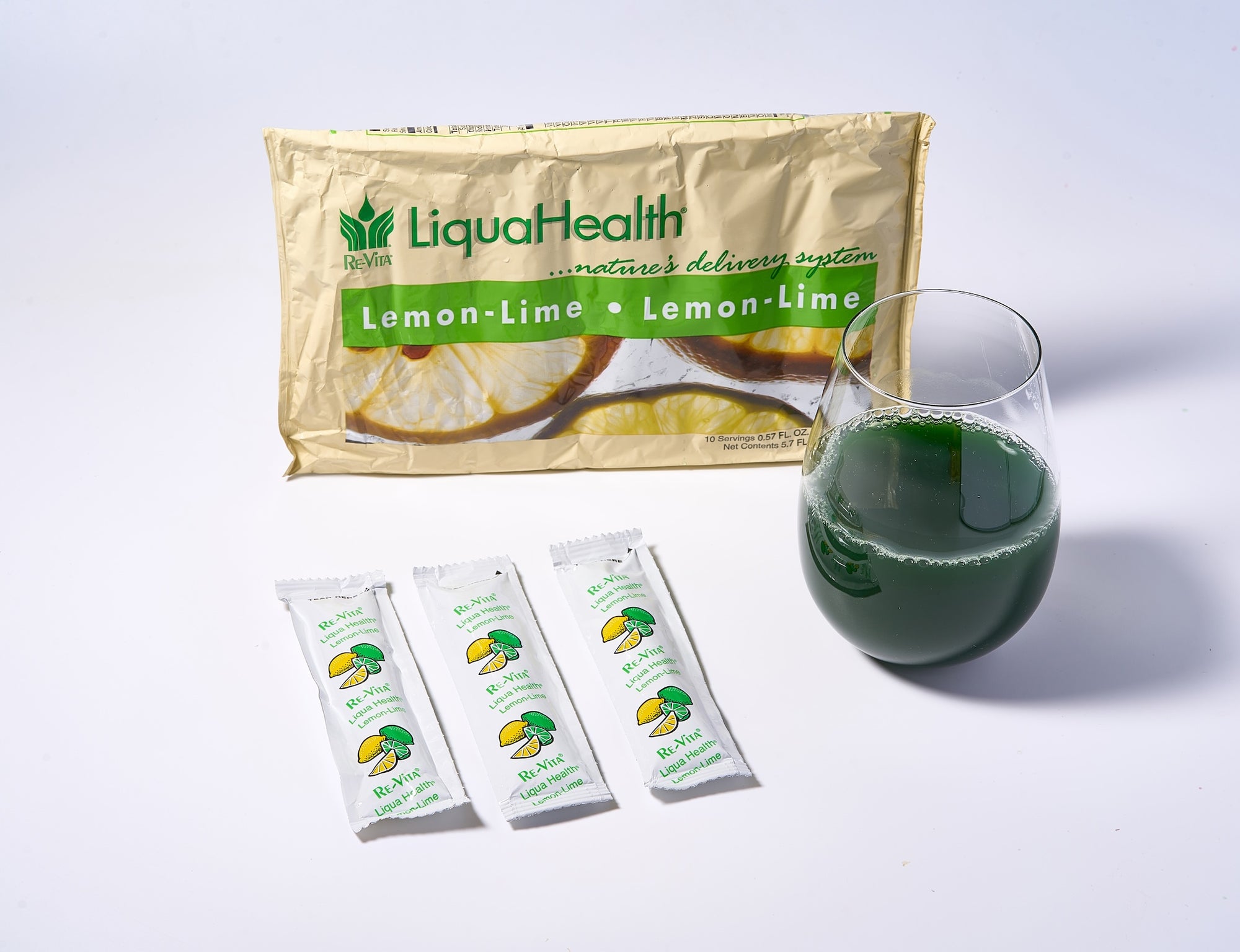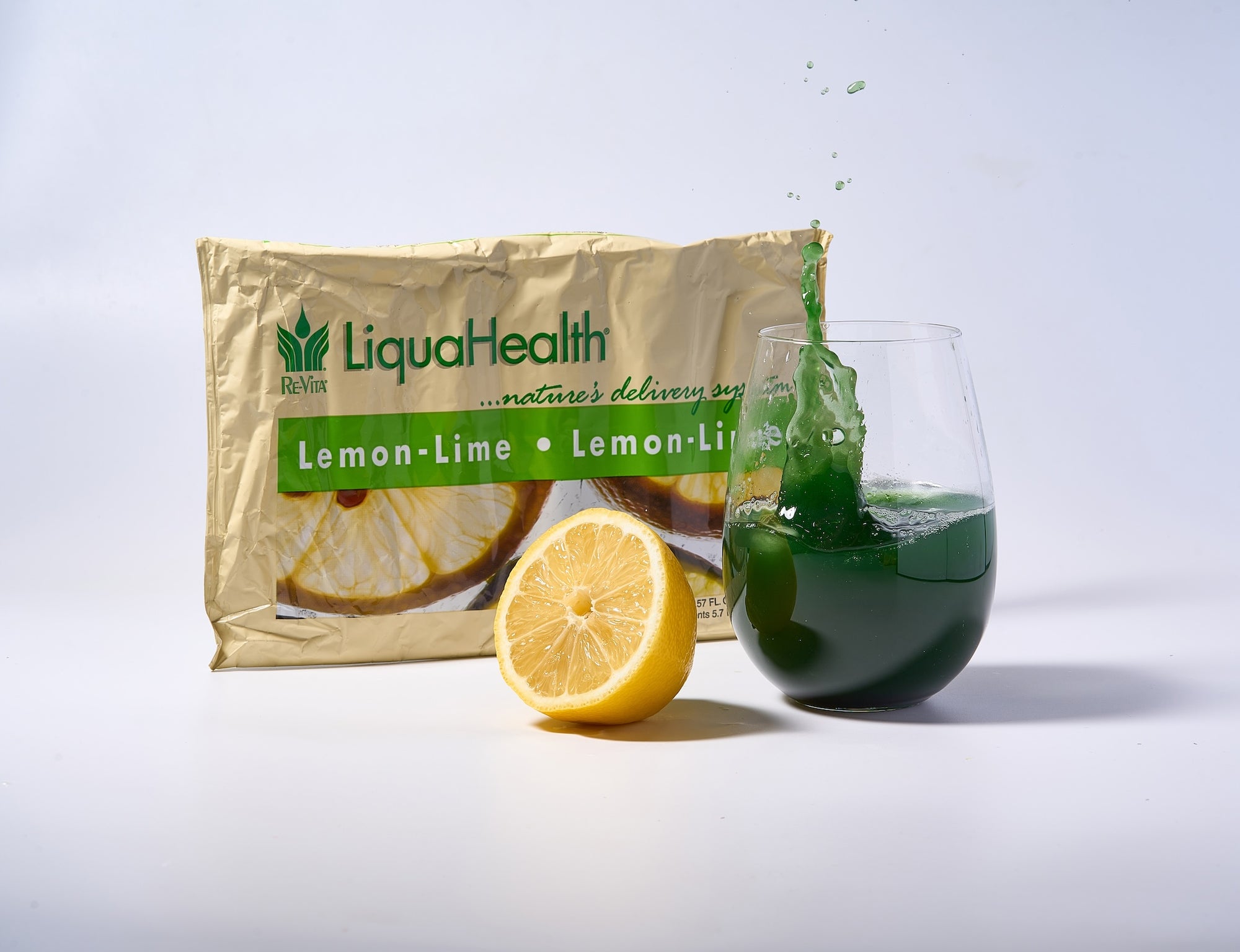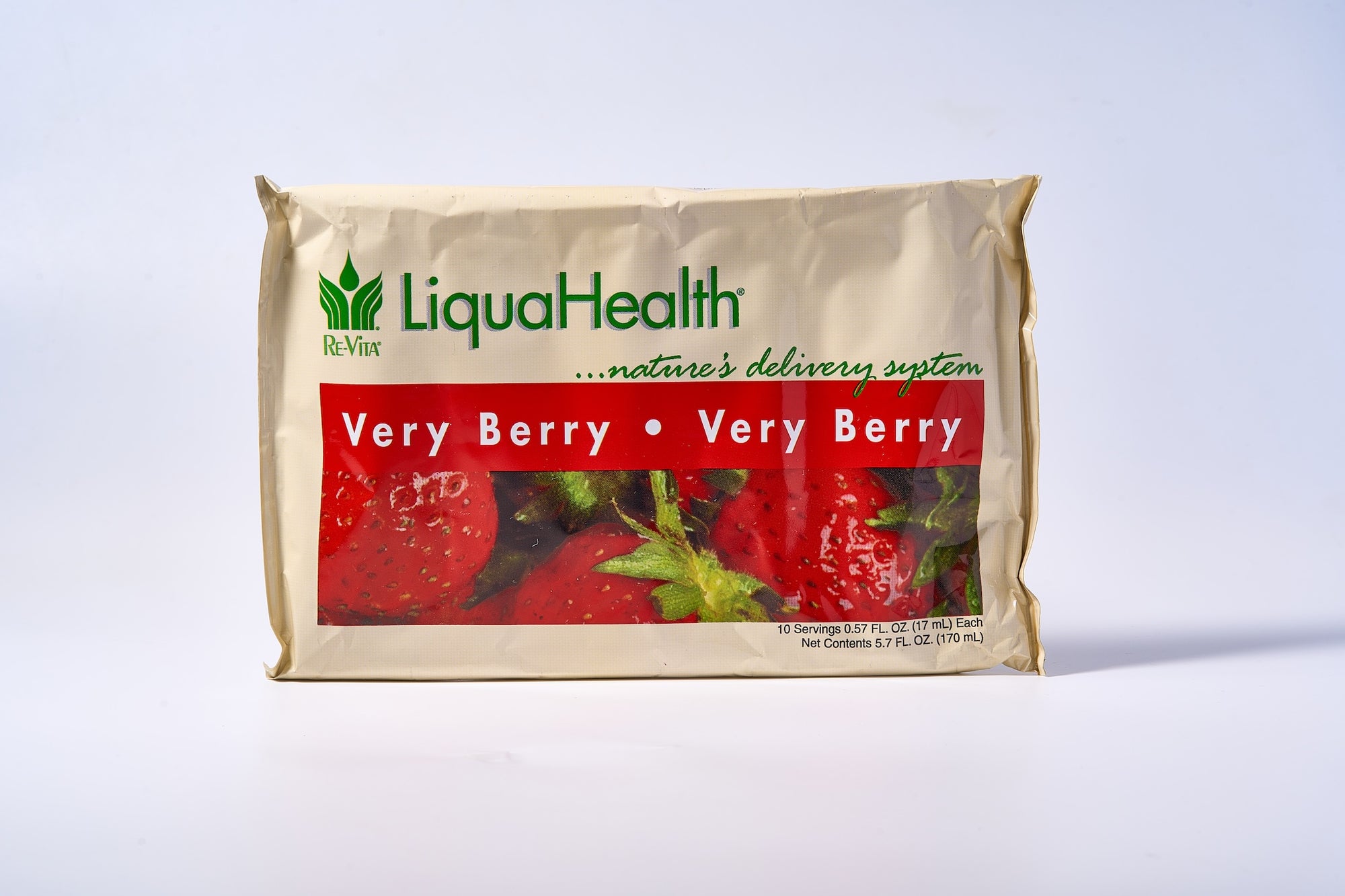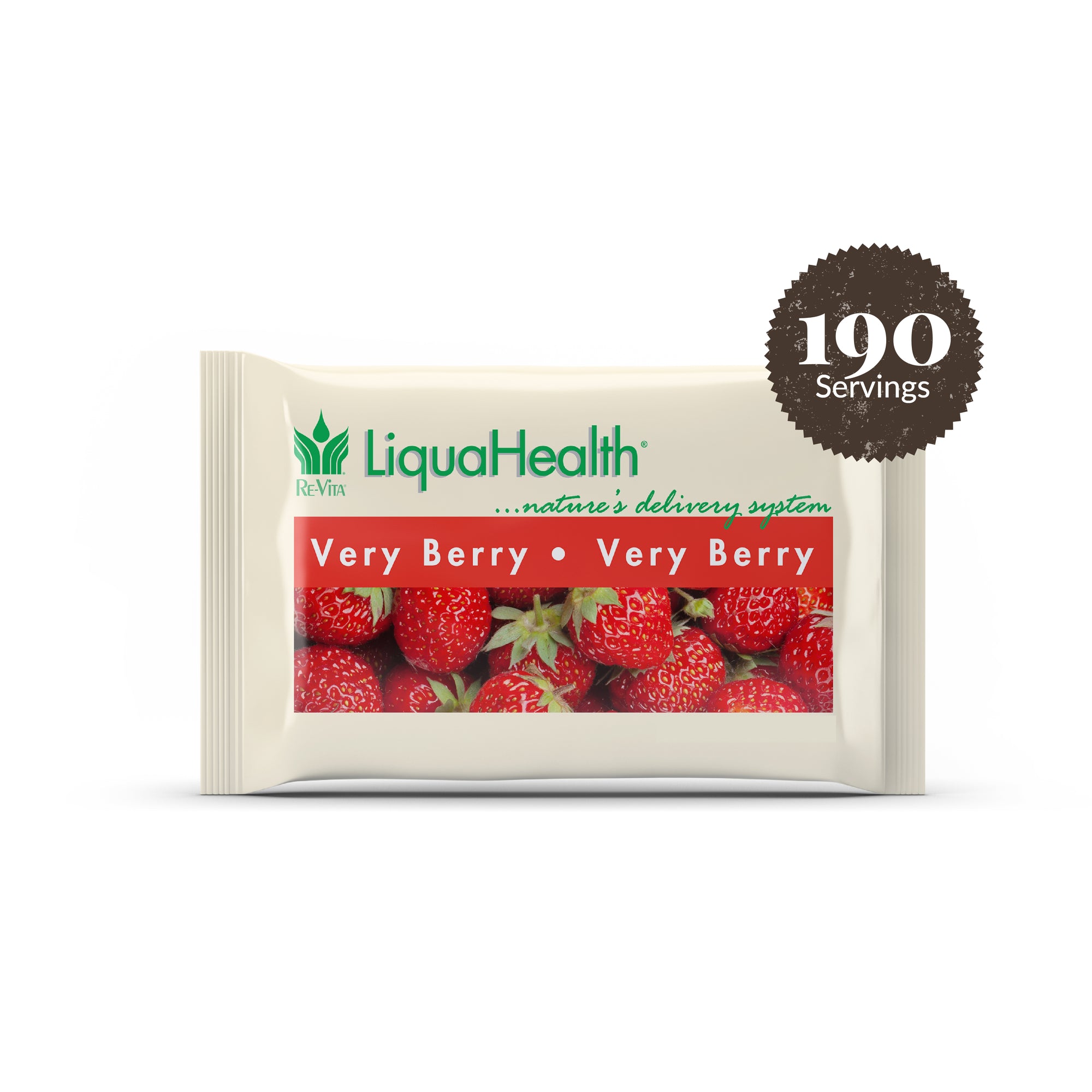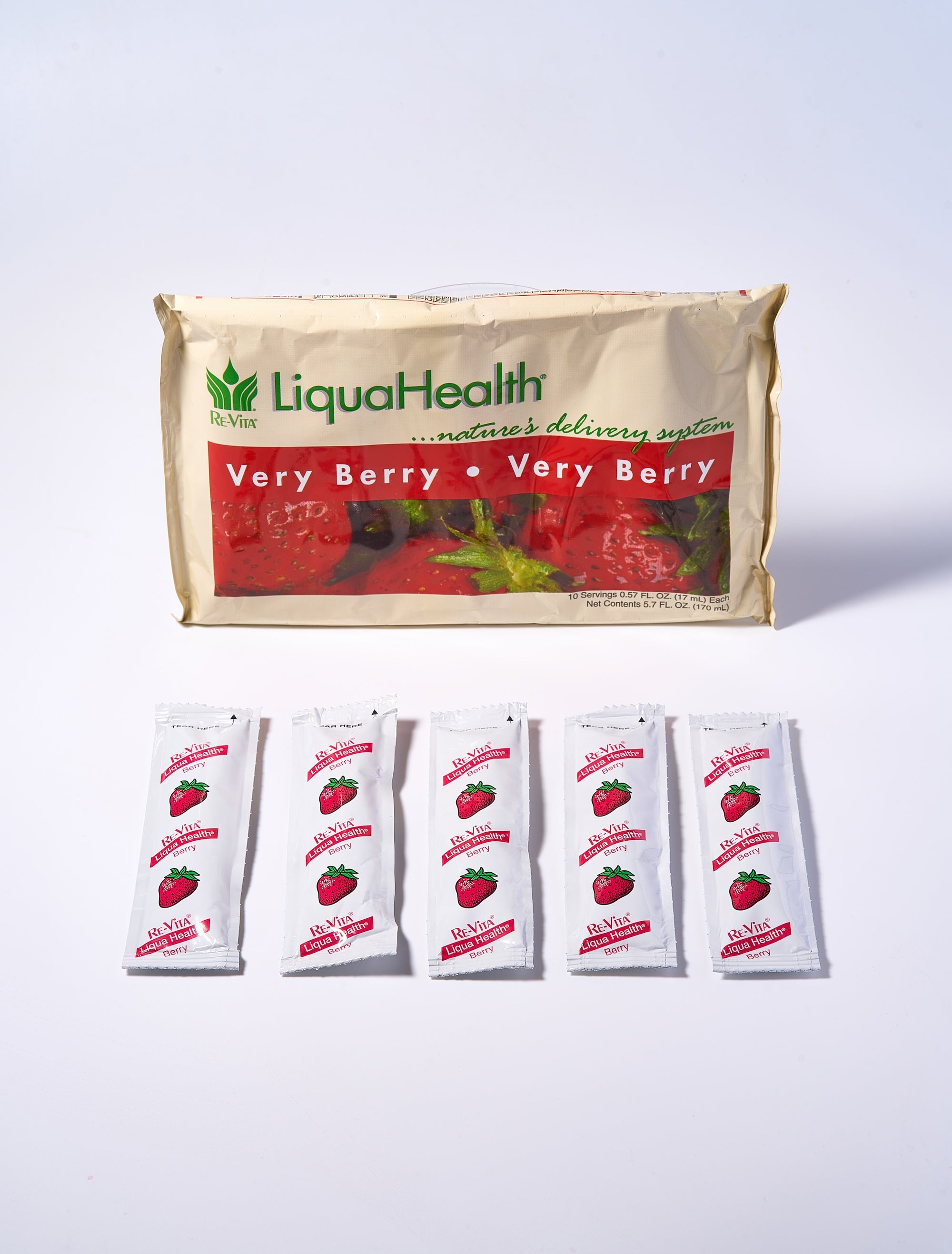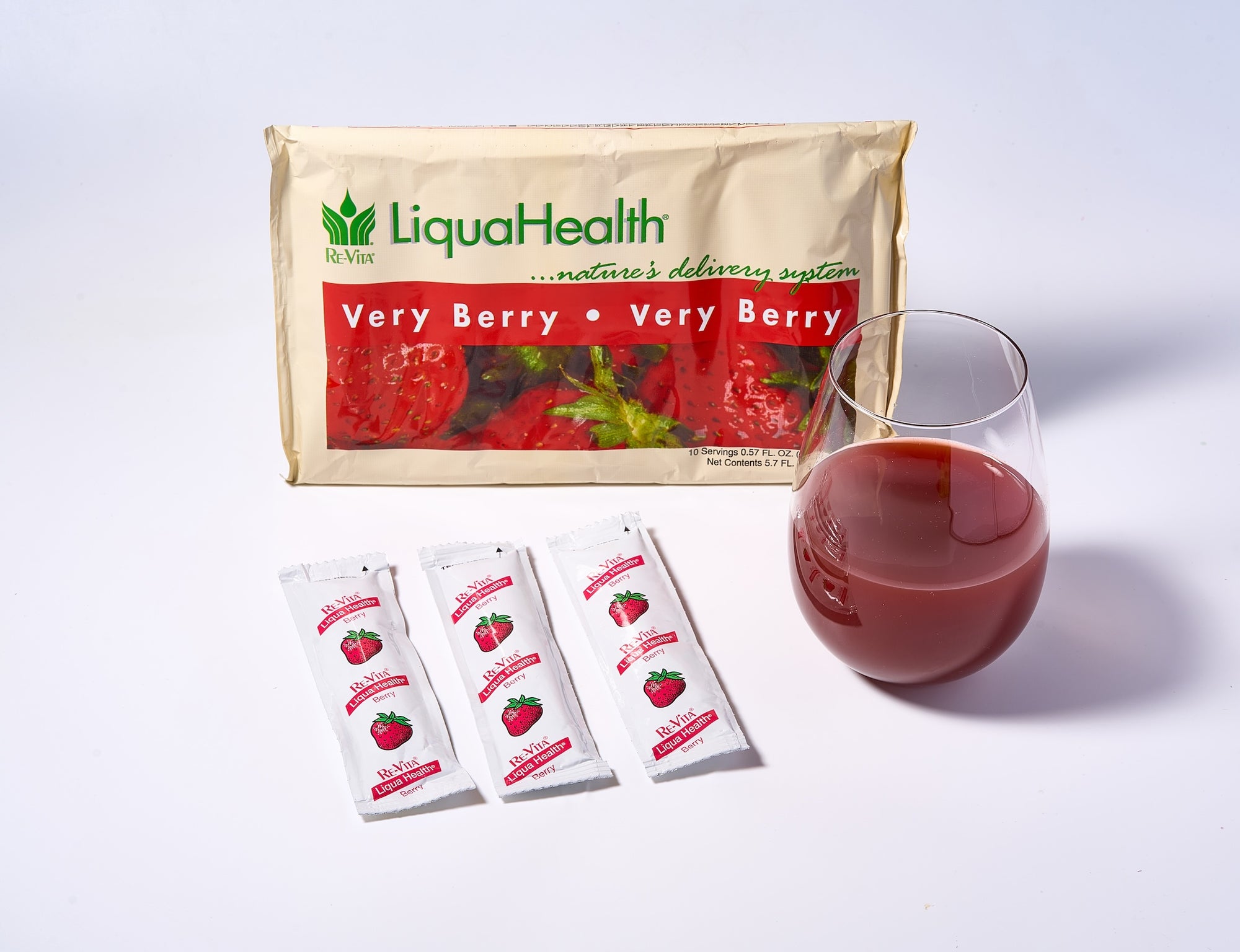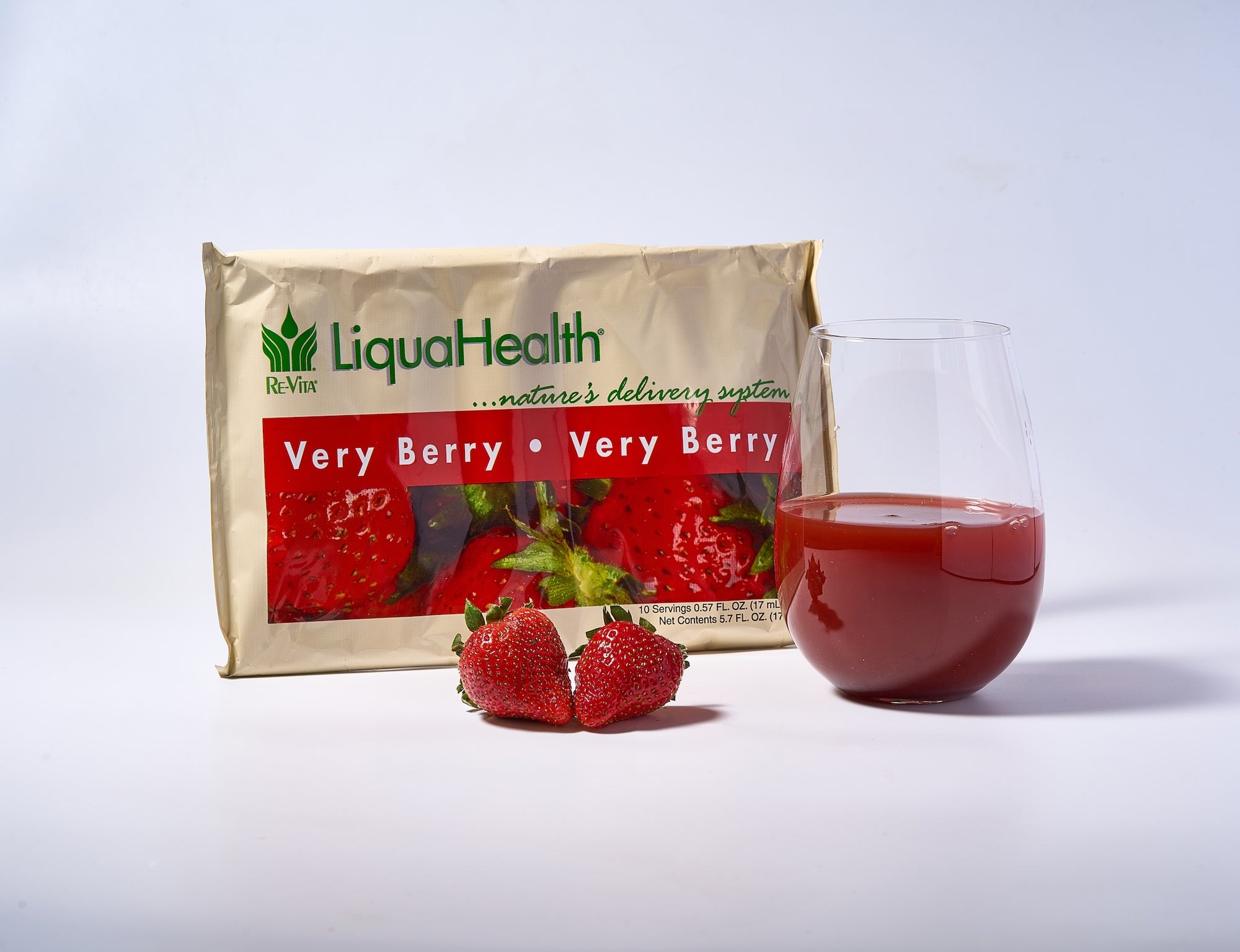
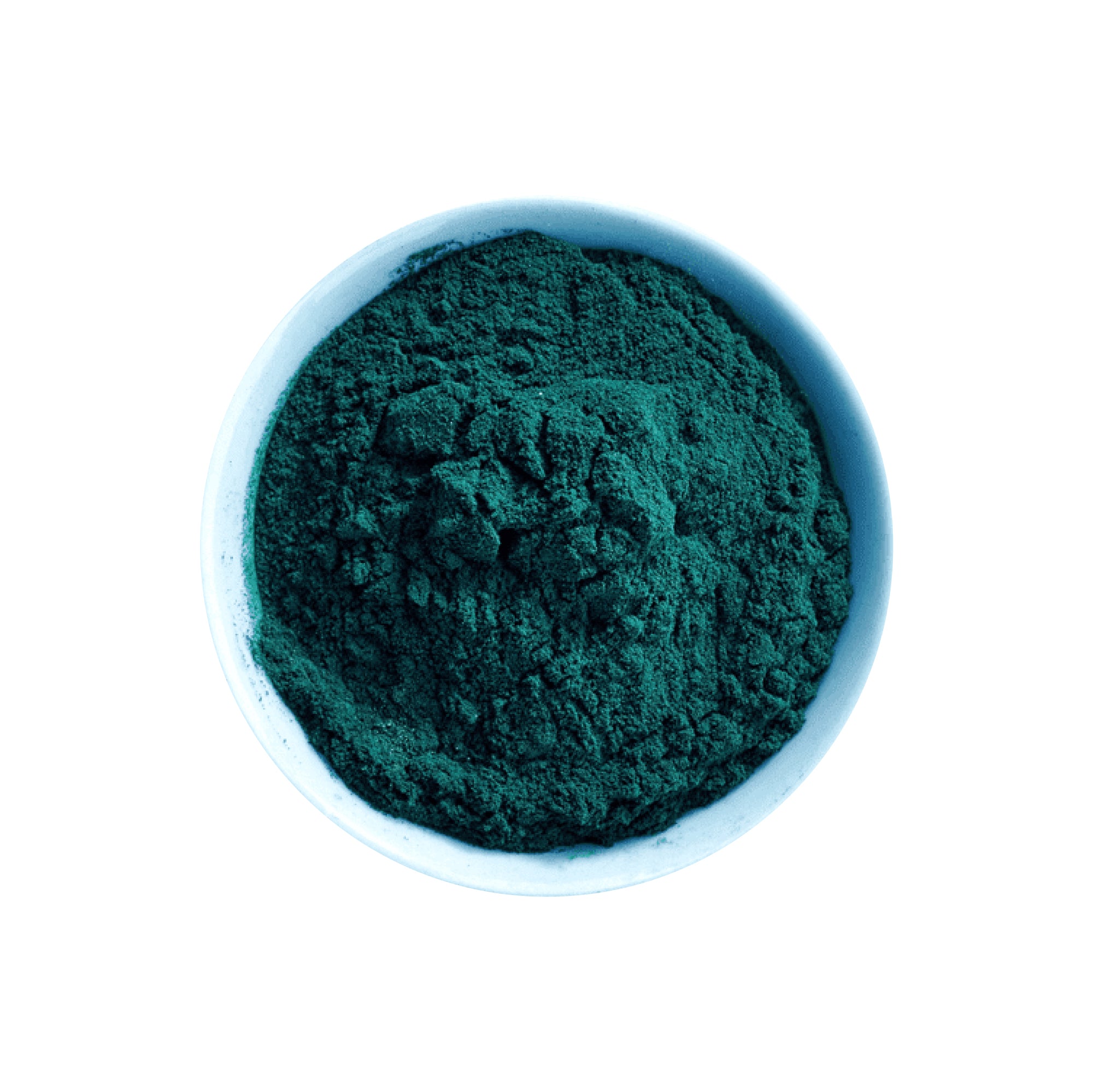
What Is Spirulina Good For?
Spirulina is a type of cyanobacteria, a single-celled organism that grows in fresh and saltwater. These organisms photosynthesize like plants, meaning they produce energy from the sunlight. Most people refer to these microbes as blue-green algae because of their appearance.
Humans have used spirulina for centuries. Spanish records state that the ancient Aztecs harvested the algae from lakes and then dried them to create green cakes. More recently, NASA suggested spirulina farming in space to feed astronauts, since it makes an ideal food supplement or whole food for containing nutrients even in small servings.
Although the algae grow in lakes and ponds, commercial spirulina products as food supplements come from controlled environments. Reliable spirulina manufacturers ensure high-quality food supplements free of harmful contaminants such as mercury and lead.
Re-Vita® is among such high-quality spirulina providers. We source our products from controlled freshwater ponds, providing high-intensity sunlight and clean water. This ideal environment gives the bacteria everything it needs to produce the essential nutrients spirulina offers as a whole food.
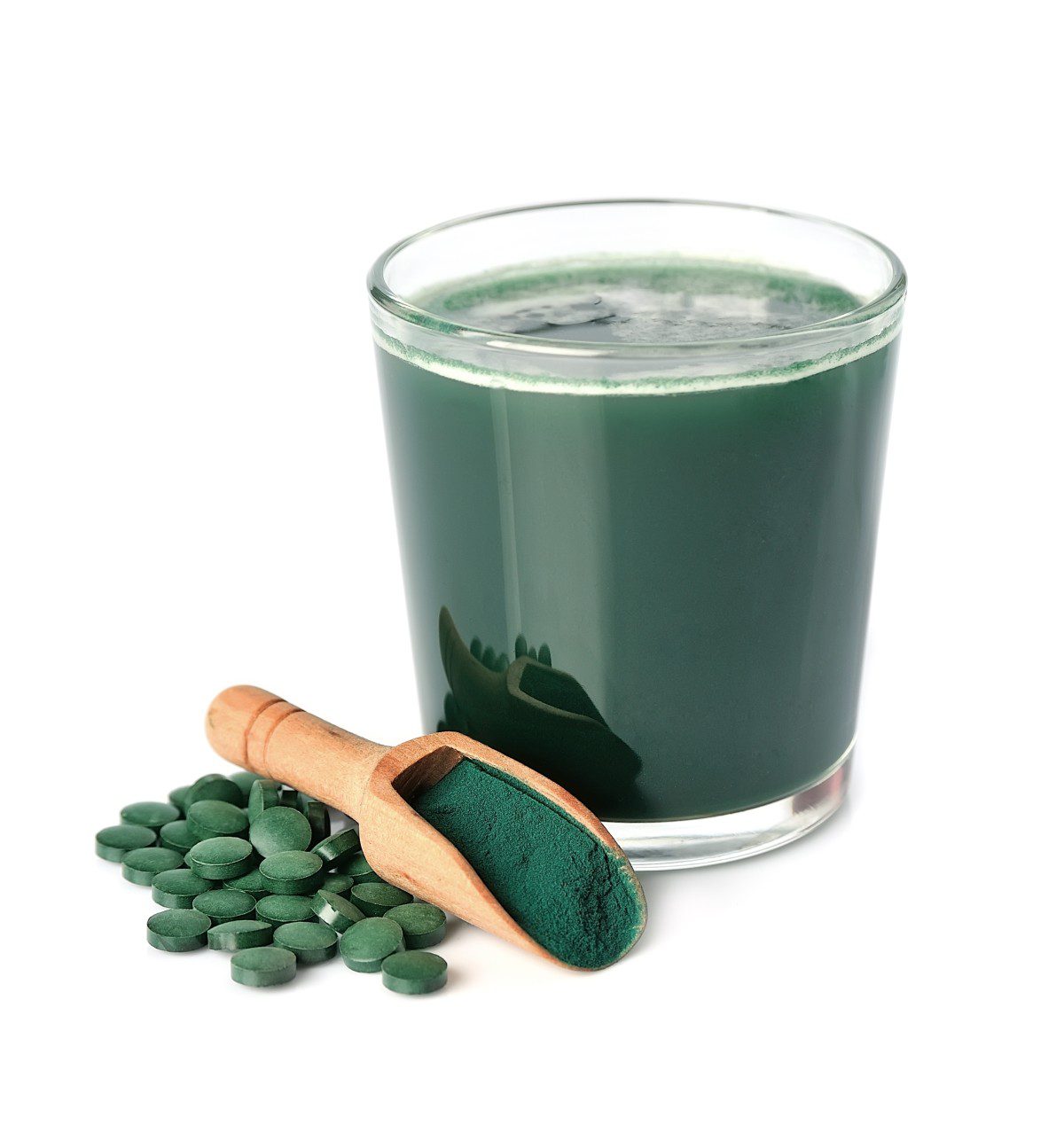


Antioxidant
Spirulina offers antioxidant and anti-inflammatory properties to prevent oxidative damage. This kind of damage harms the DNA, leading to chronic inflammation. The inflammation may cause other diseases, including cancer.
Experts have explored spirulina’s potential anti-cancer properties in a study featuring patients with mouth cancer. The study suggested that 1-gram servings of spirulina greatly improved the patients’ oral submucous fibrosis, an oral precancerous condition associated with inflammation.
Meanwhile, a study featuring 37 people with type 2 diabetes highlighted spirulina’s antioxidant properties. This study found that 8-gram servings of spirulina increased the subjects’ antioxidant enzyme levels in the blood, reducing oxidative damage markers.
Lower Cholesterol
Several studies have demonstrated spirulina’s positive impact on preventing heart disease. One study highlighting type 2 diabetes as a heart disease risk factor found that people who took two grams of spirulina improved their conditions.
Meanwhile, another study featuring people with high cholesterol suggested that one gram of spirulina can effectively lower triglycerides and LDL (low-density lipoprotein). Many consider these lipids as “bad” cholesterol because they contribute to heart disease.


Controls Blood Pressure
At least 4.5 grams of spirulina a day has shown positive effects in reducing blood pressure. Maintaining healthy blood pressure helps people avoid chronic kidney diseases, heart attacks, and strokes.
Minimizes Allergies
Some evidence links spirulina supplements with treatment for allergic rhinitis symptoms. Allergic rhinitis involves inflammation in nasal pathways, which spirulina’s anti-inflammatory properties may improve.
One study particularly highlighted this anti-allergy property by giving 127 people 2-gram servings of spirulina a day. The researchers observed a dramatic reduction in allergic rhinitis symptoms, including nasal congestion, discharge, itching, and sneezing.

